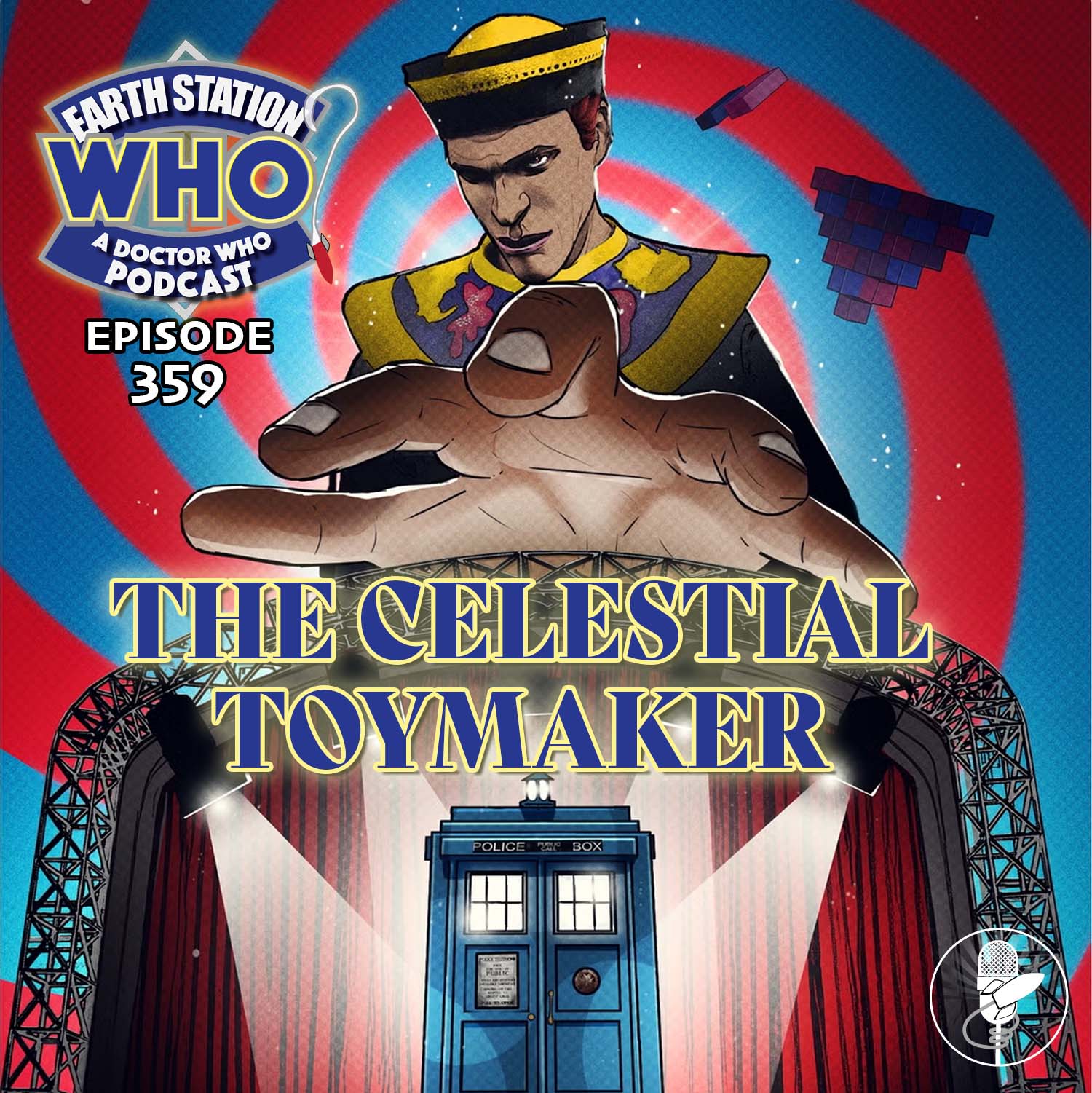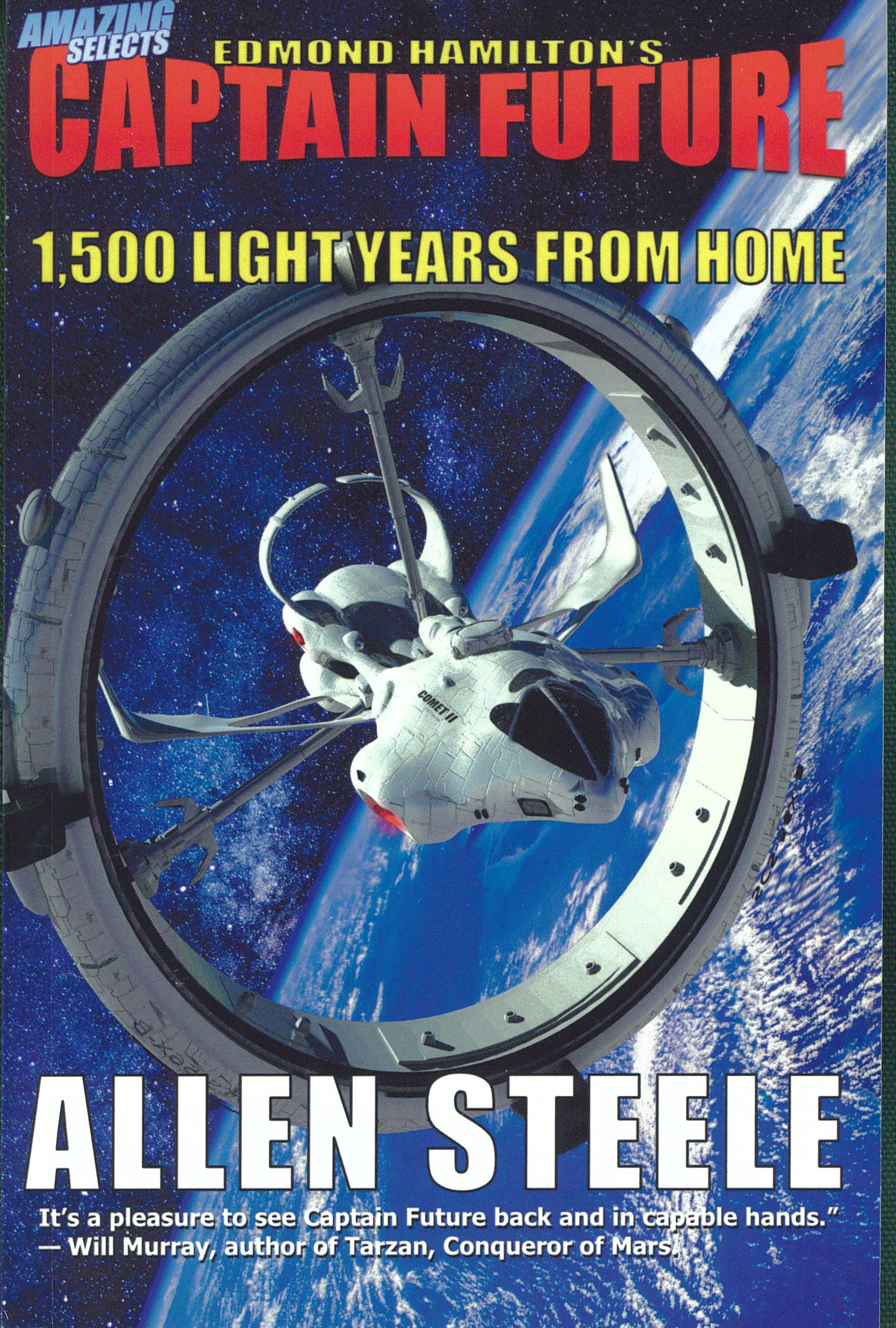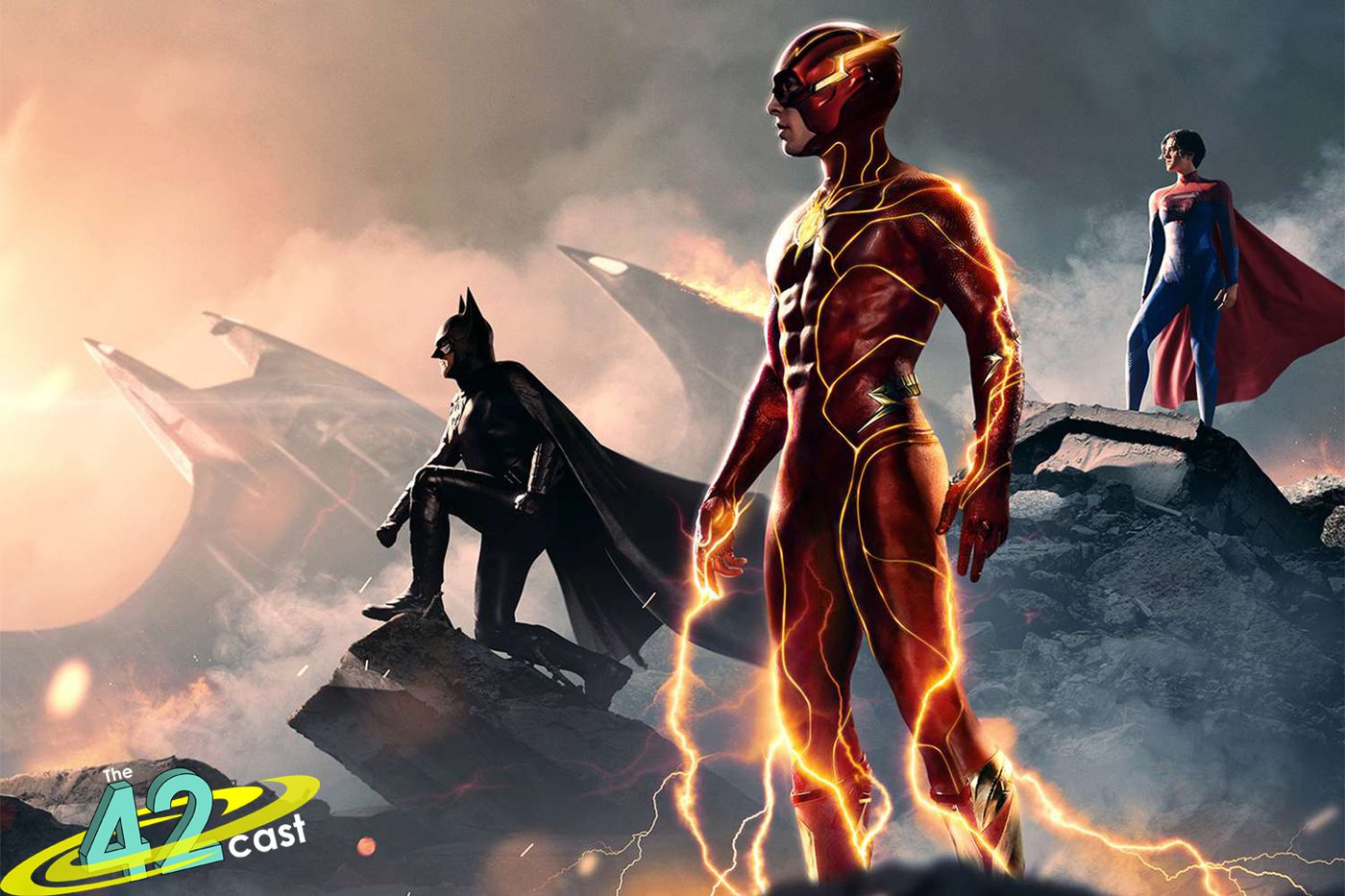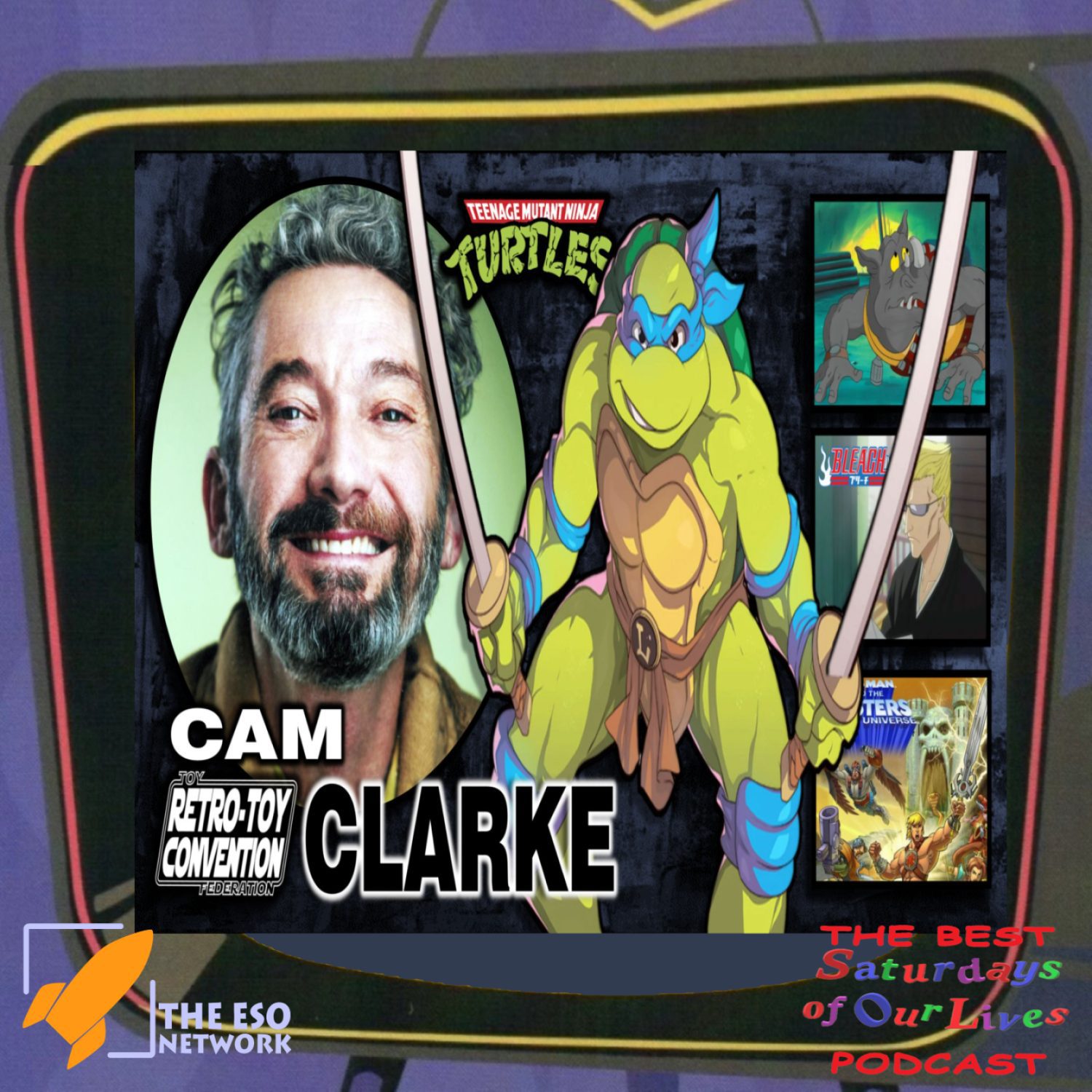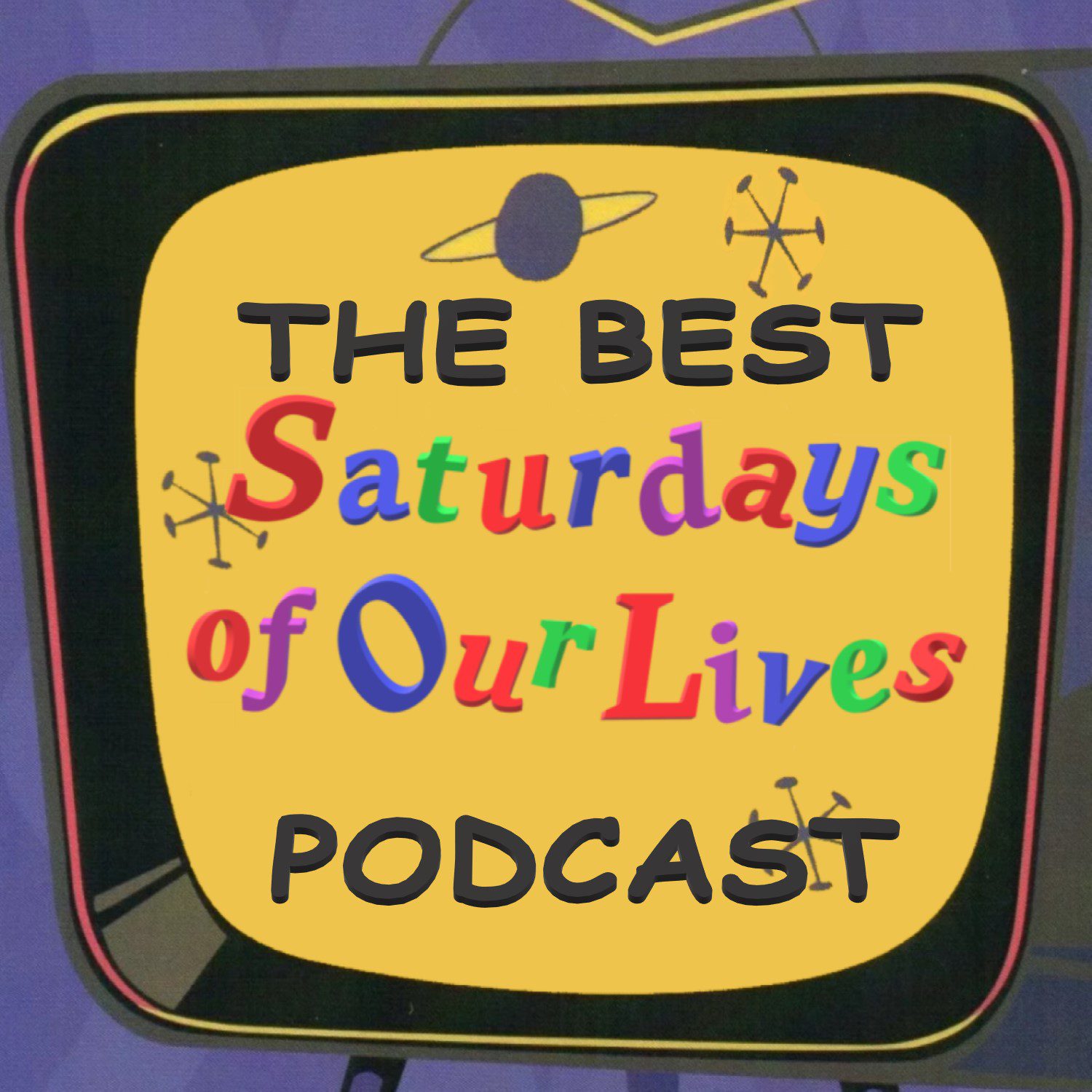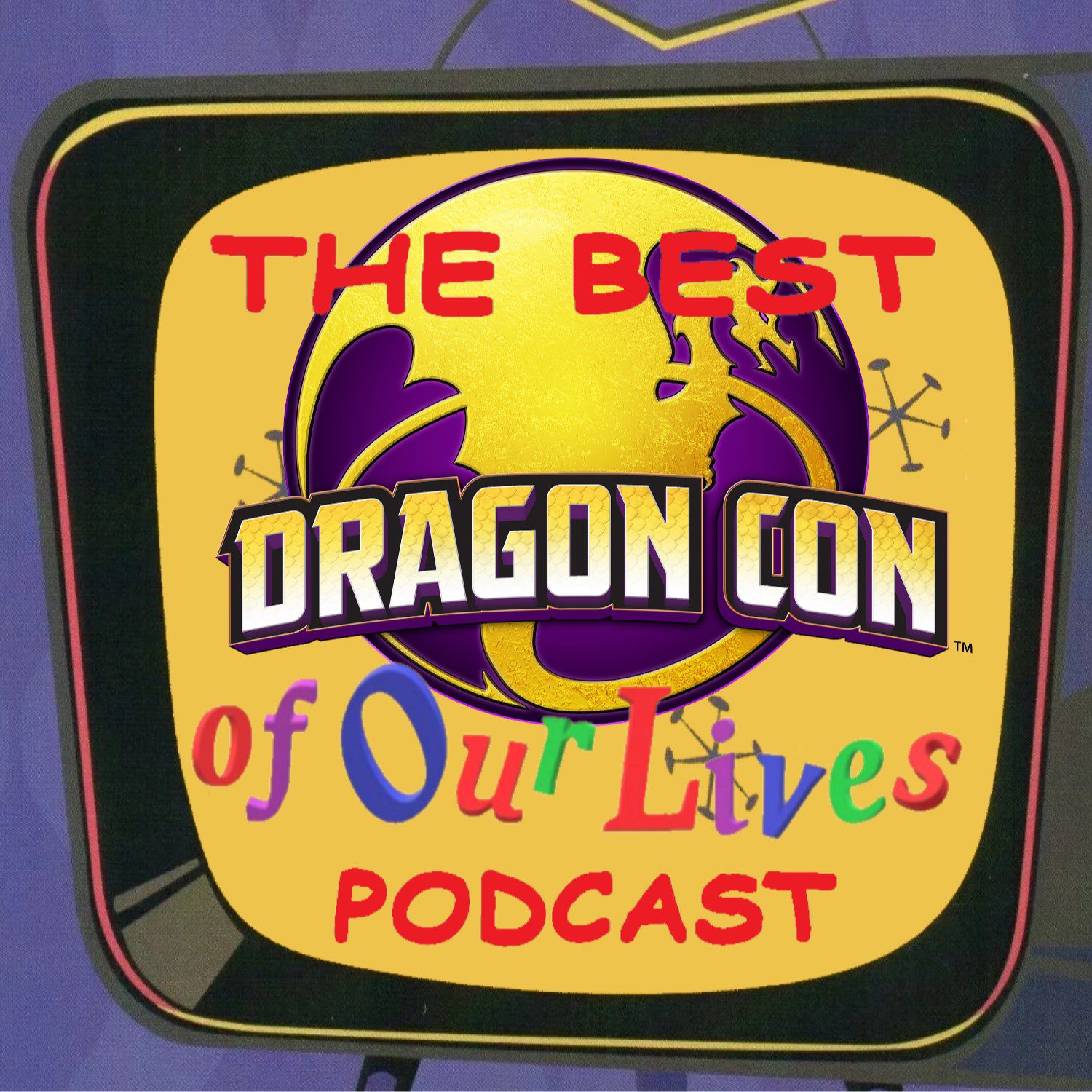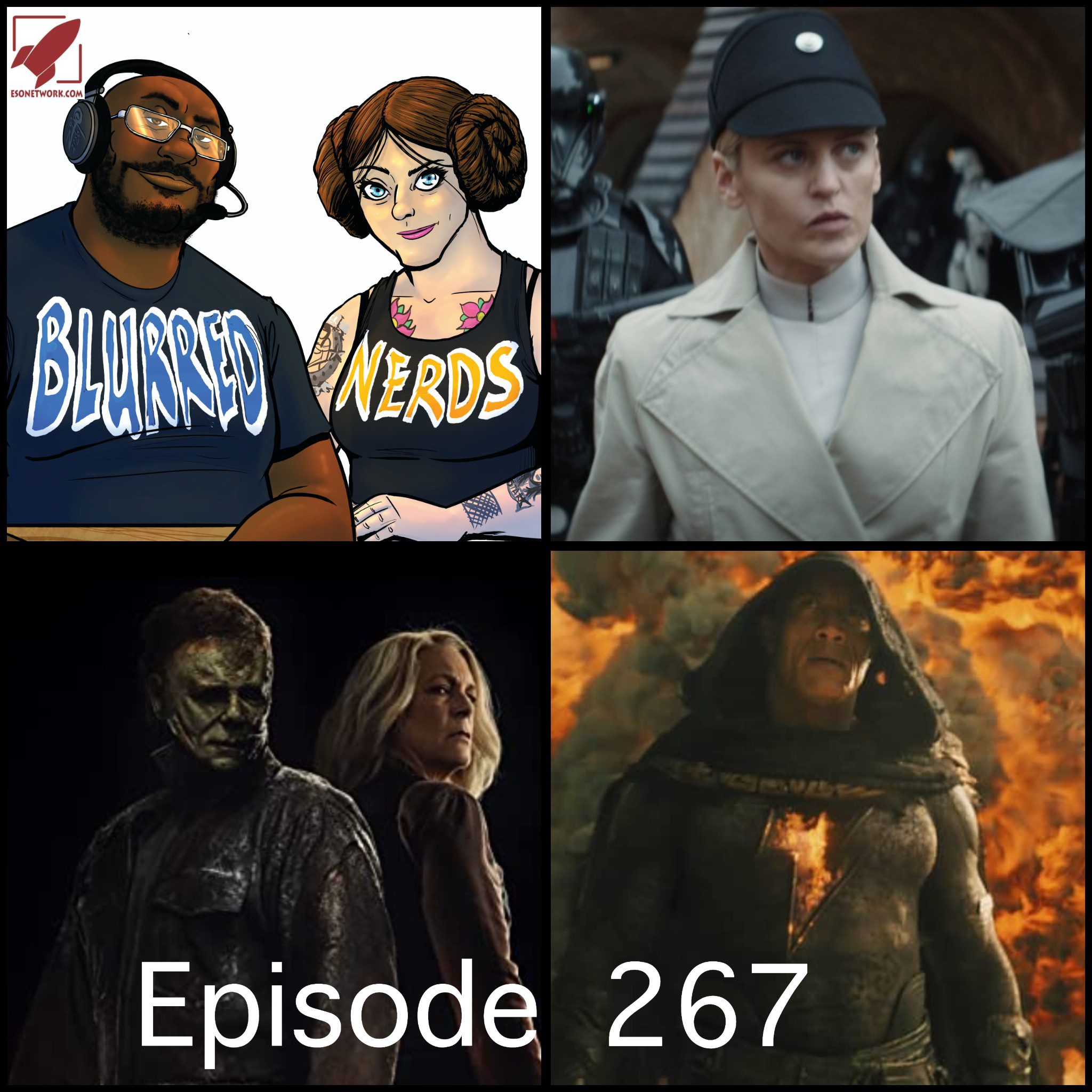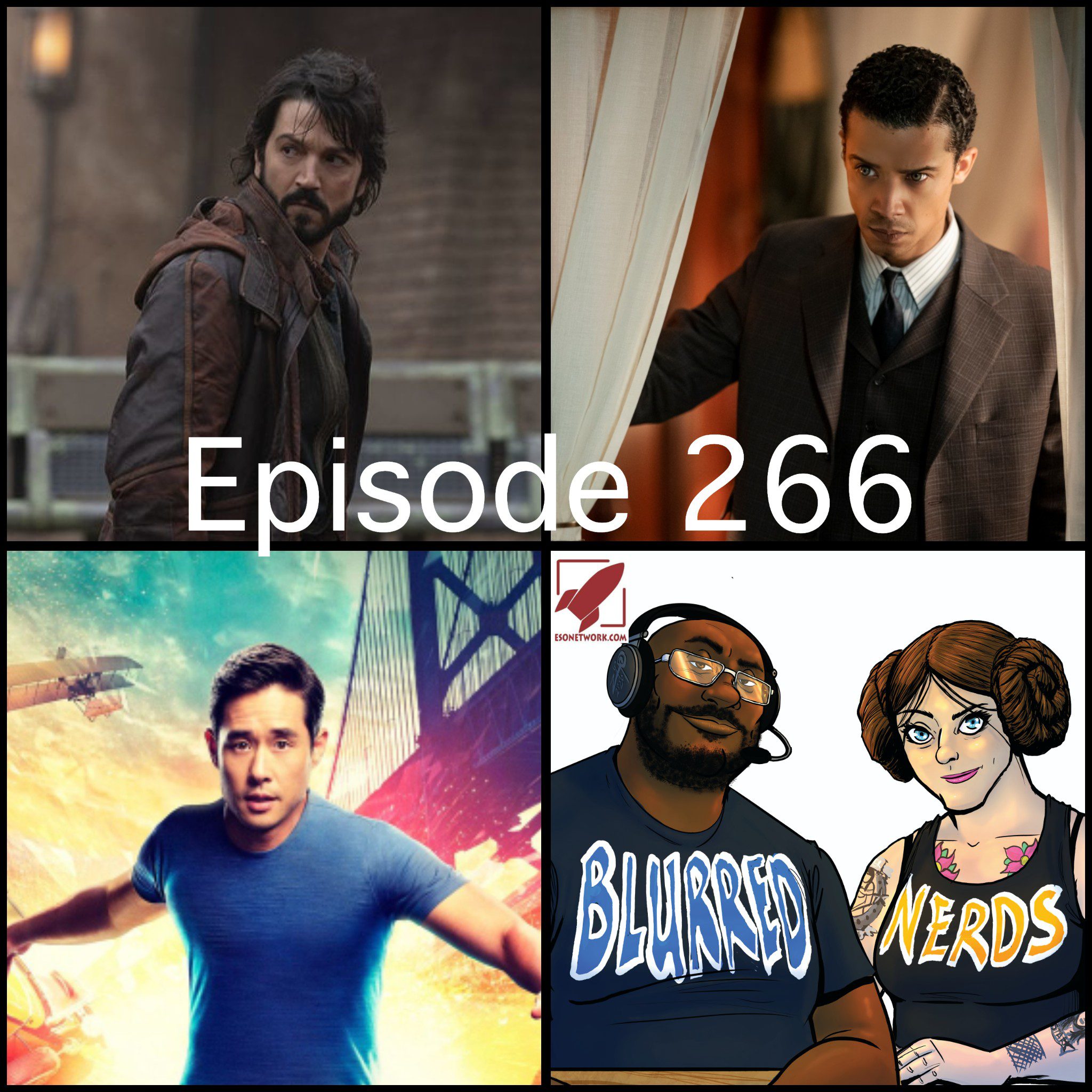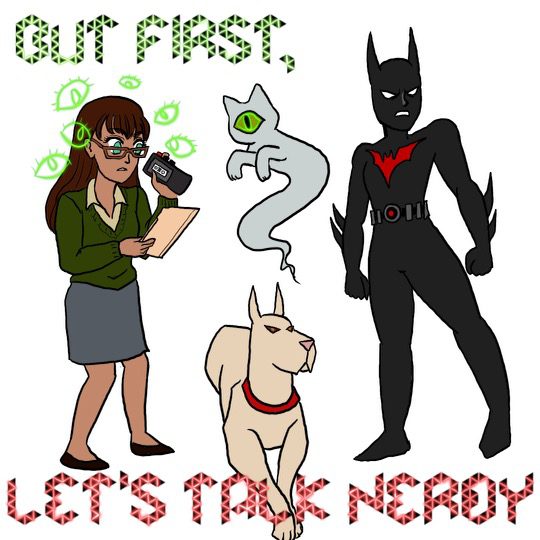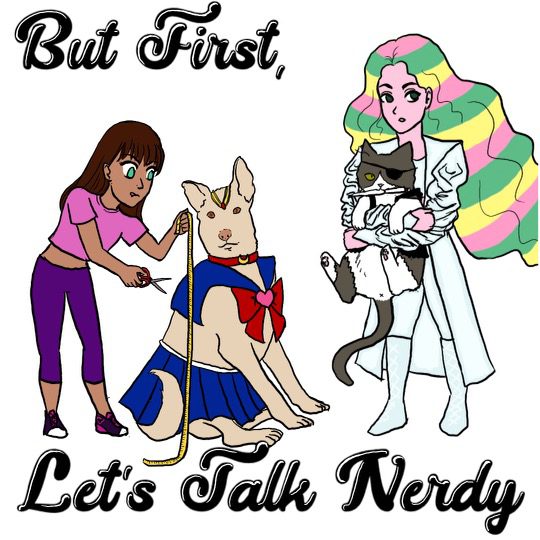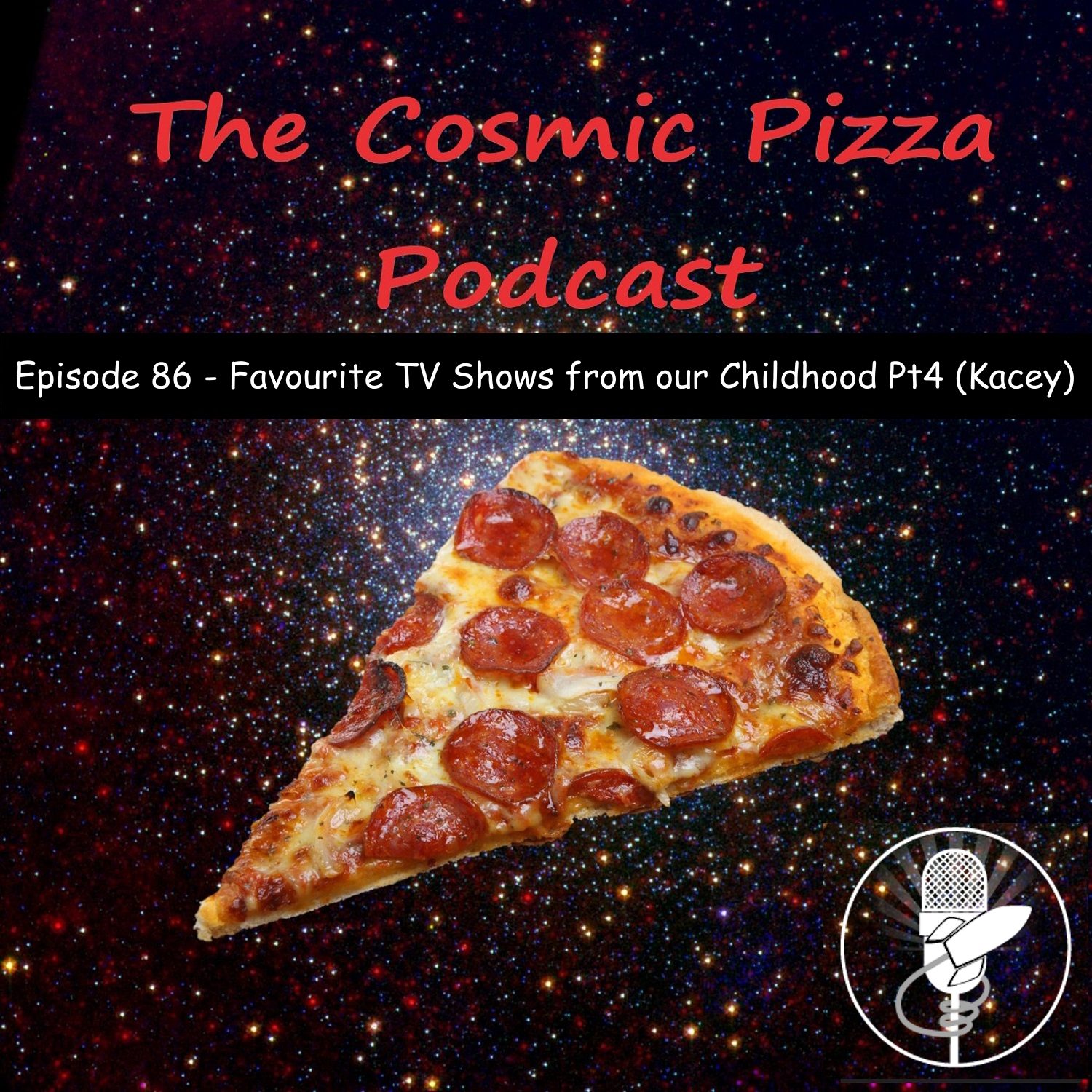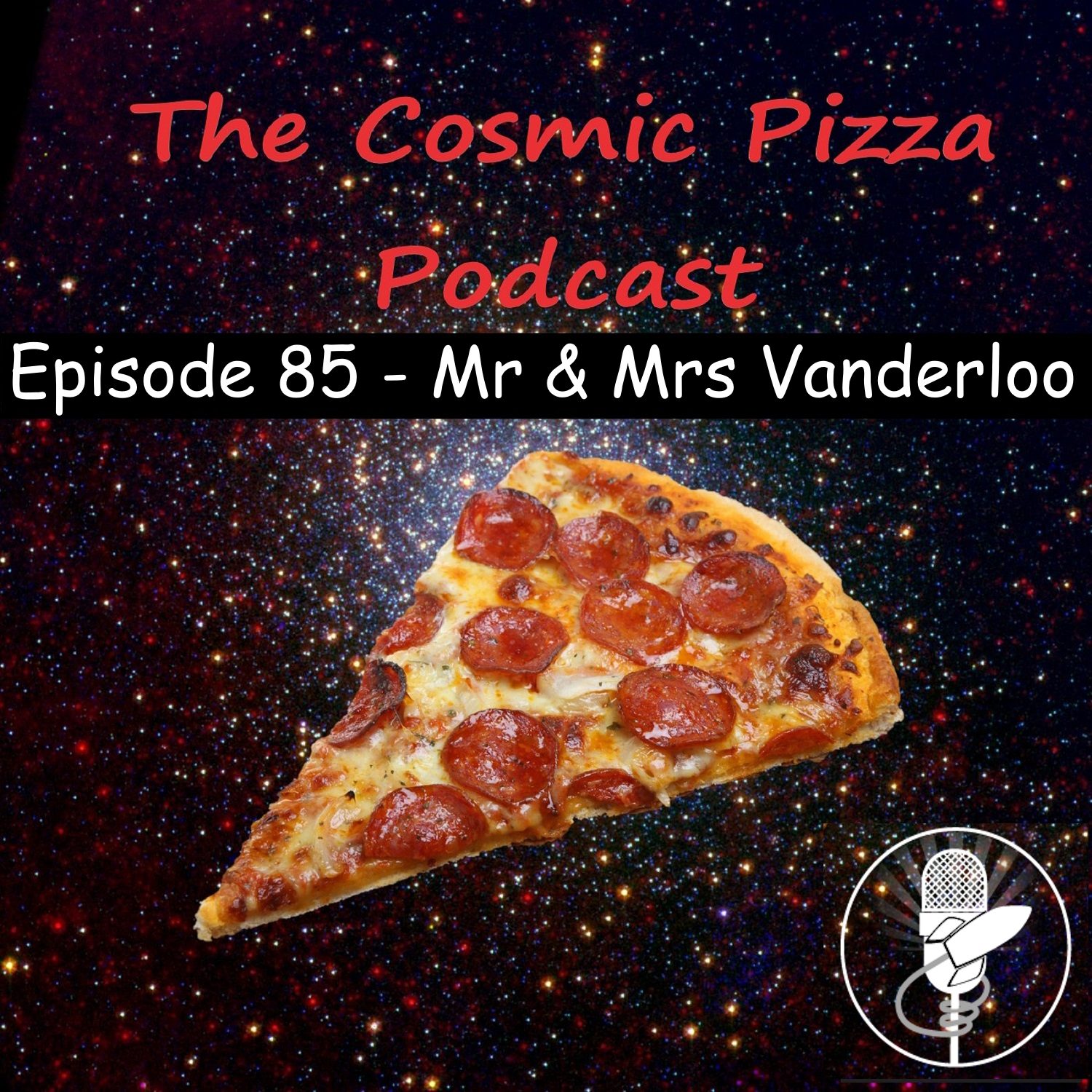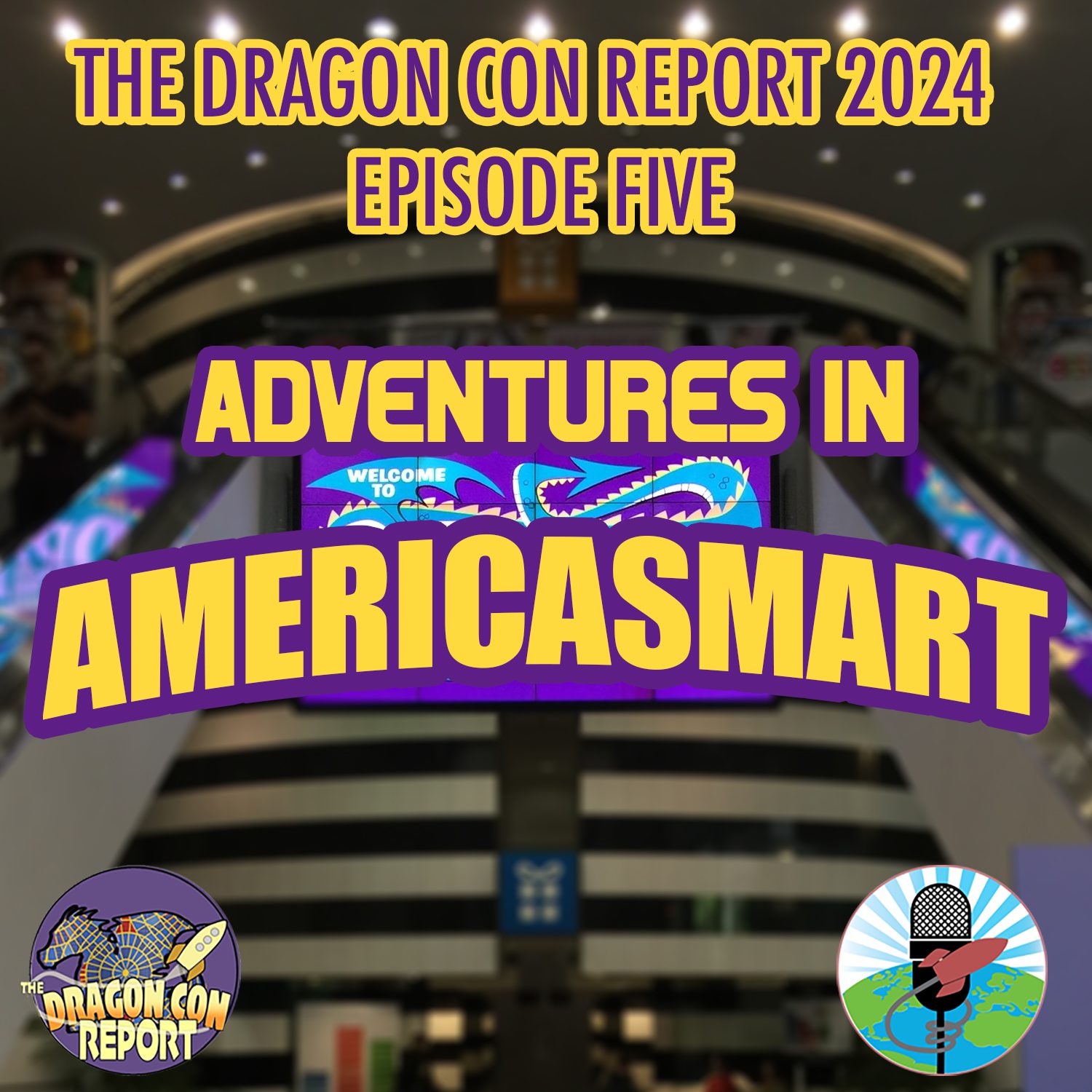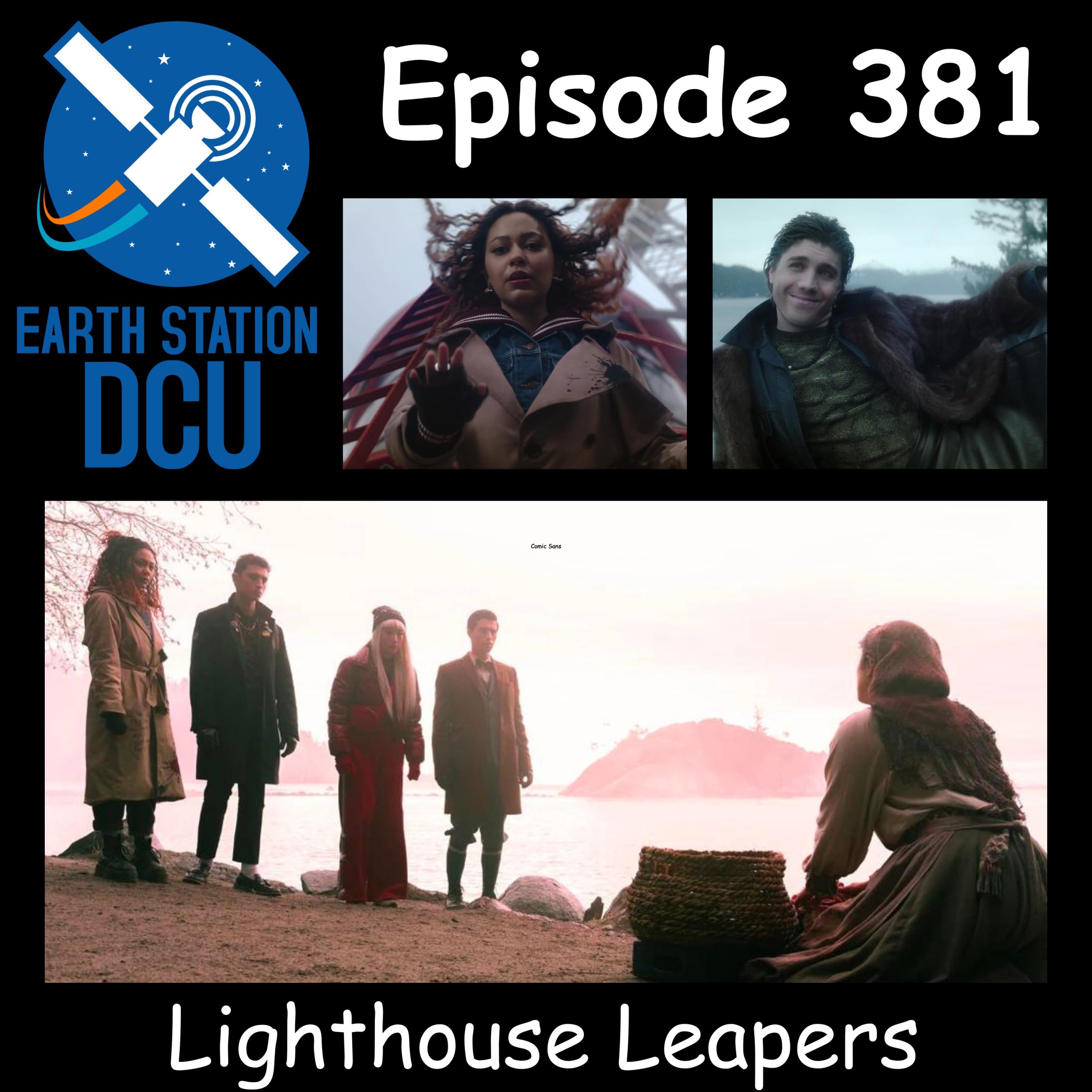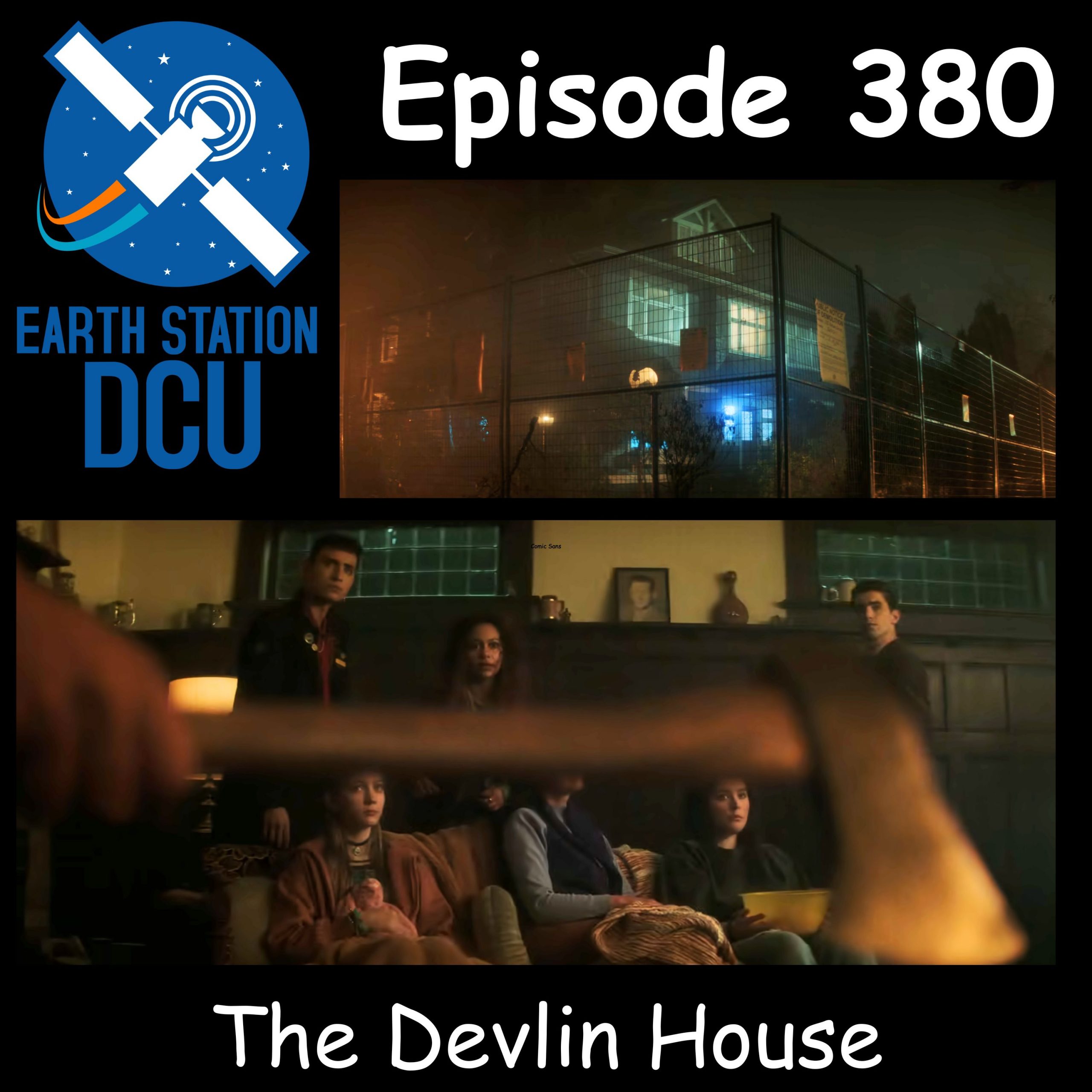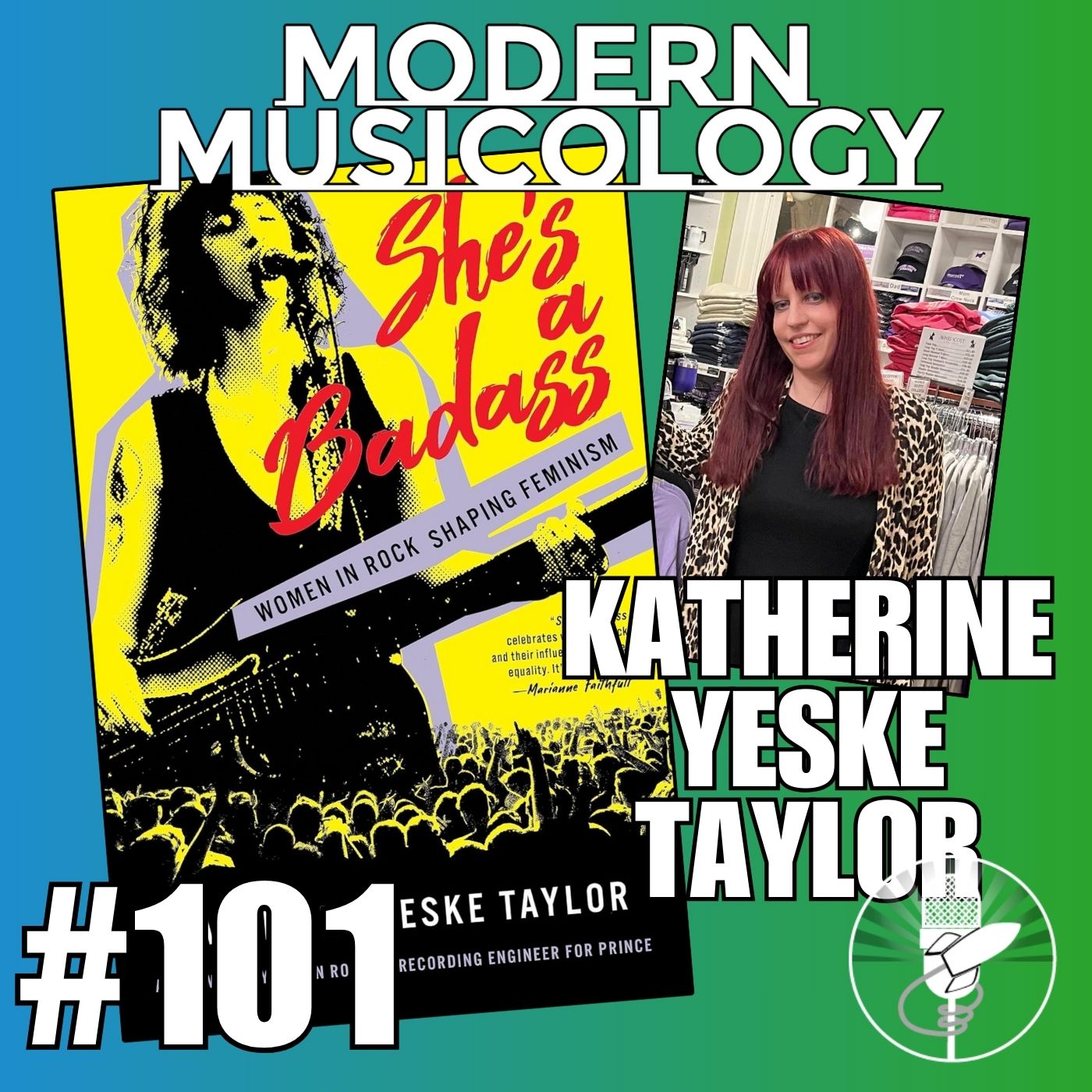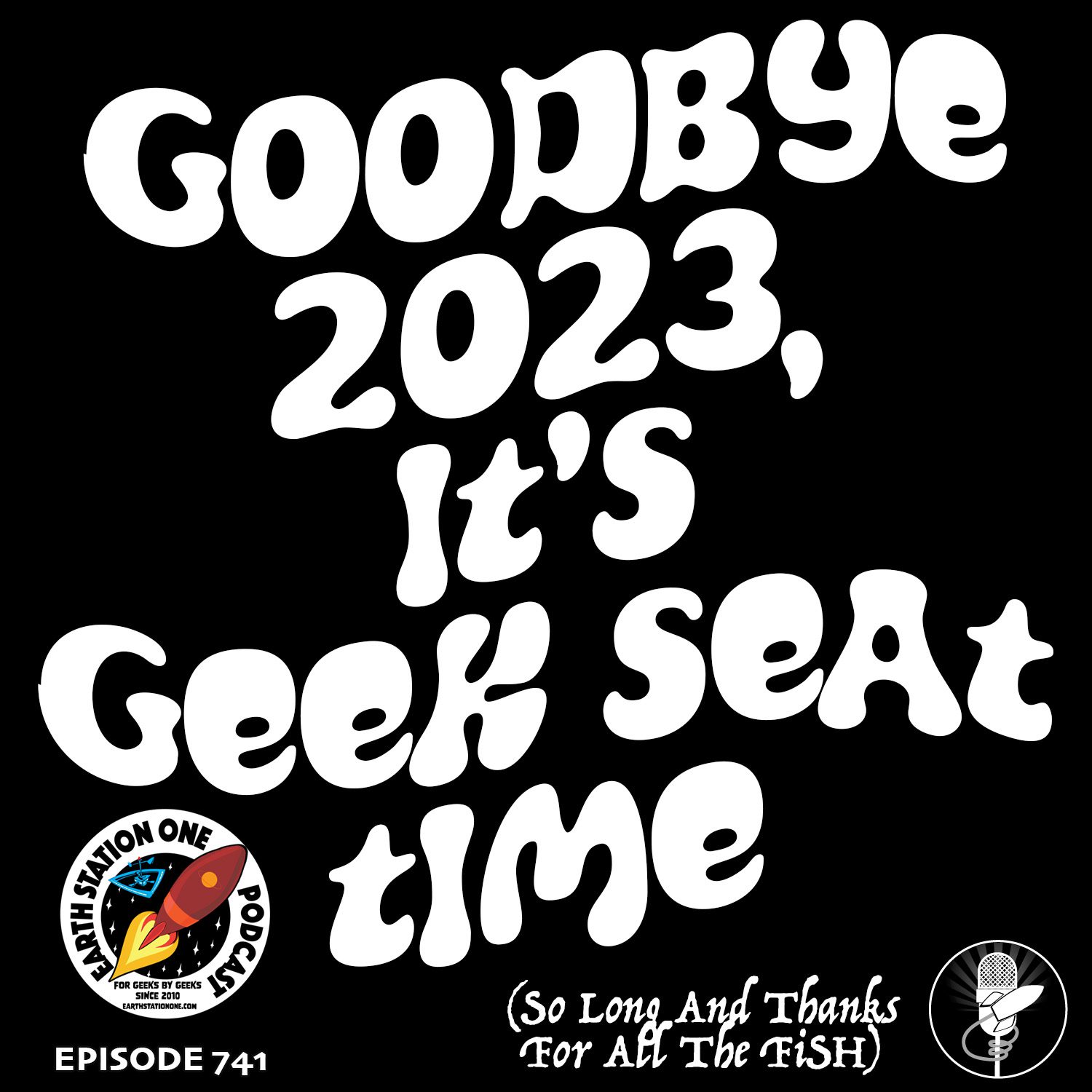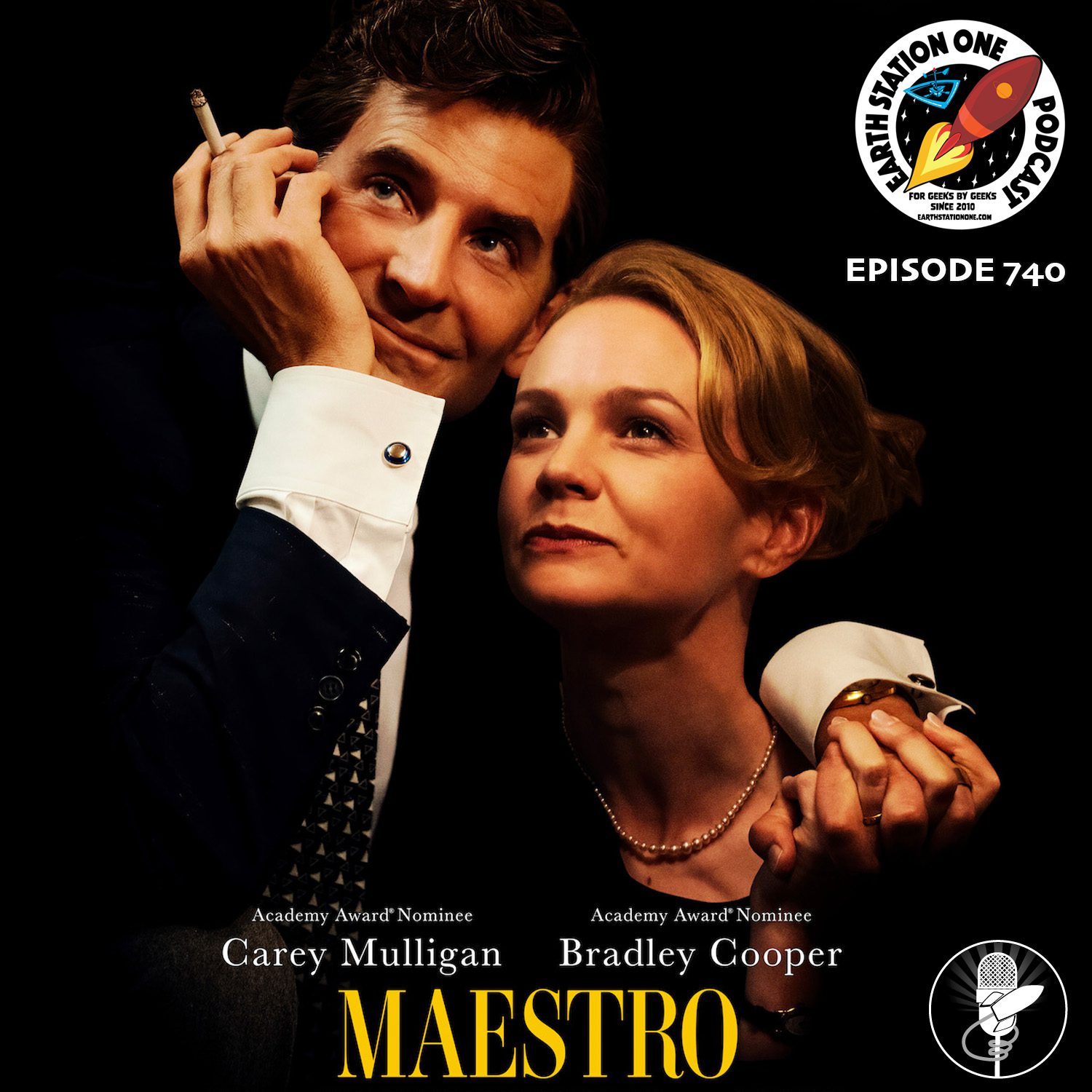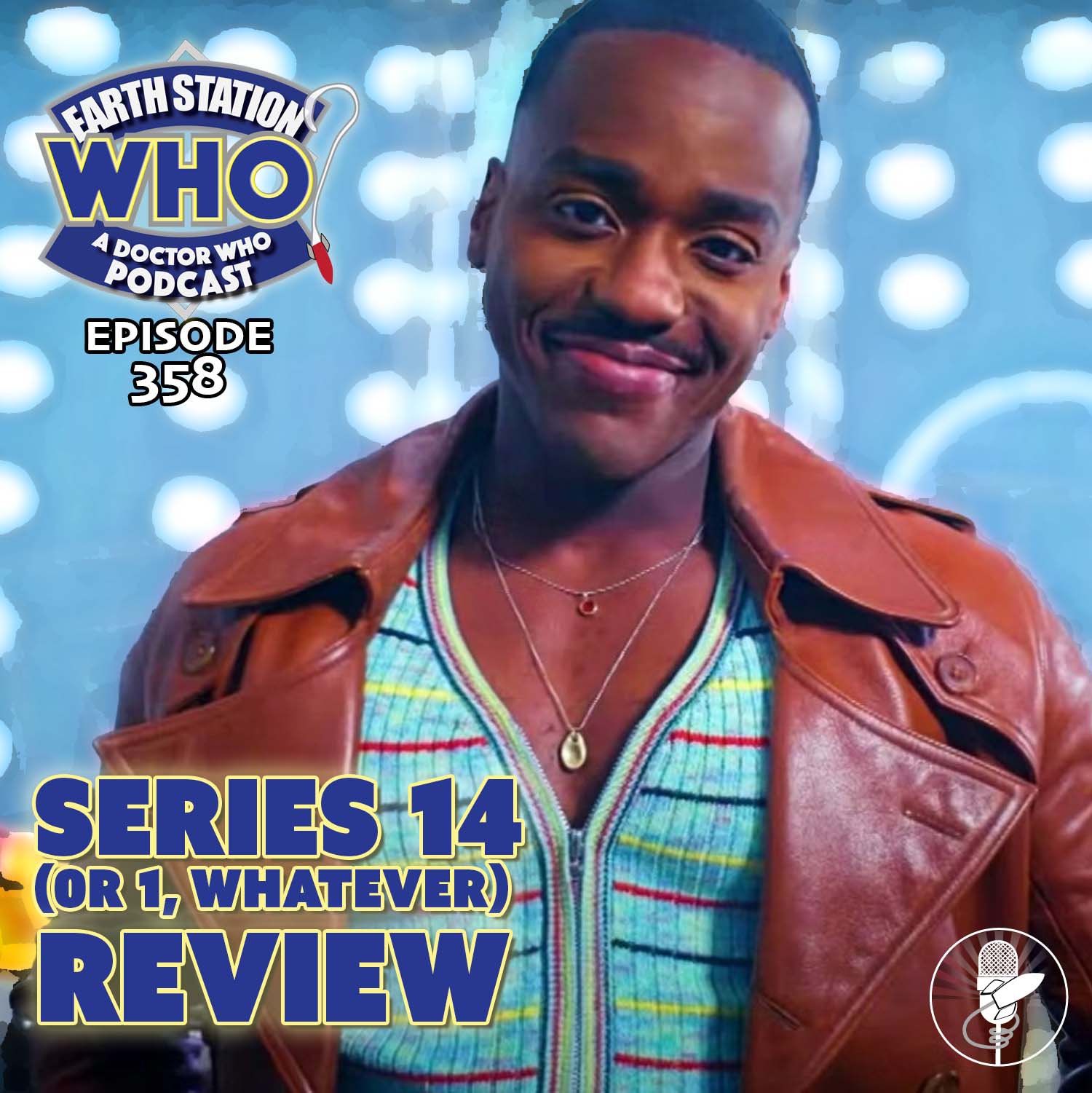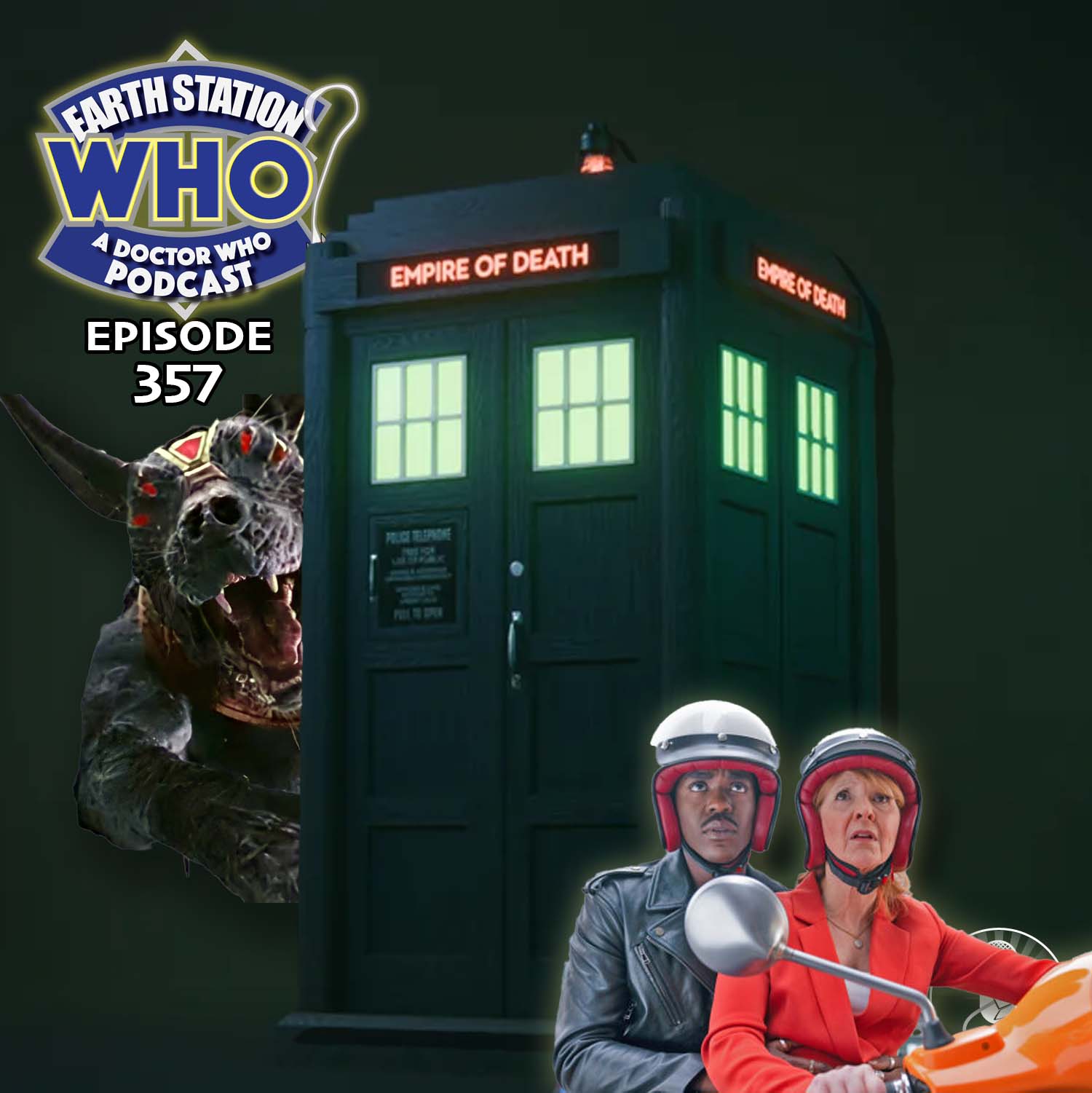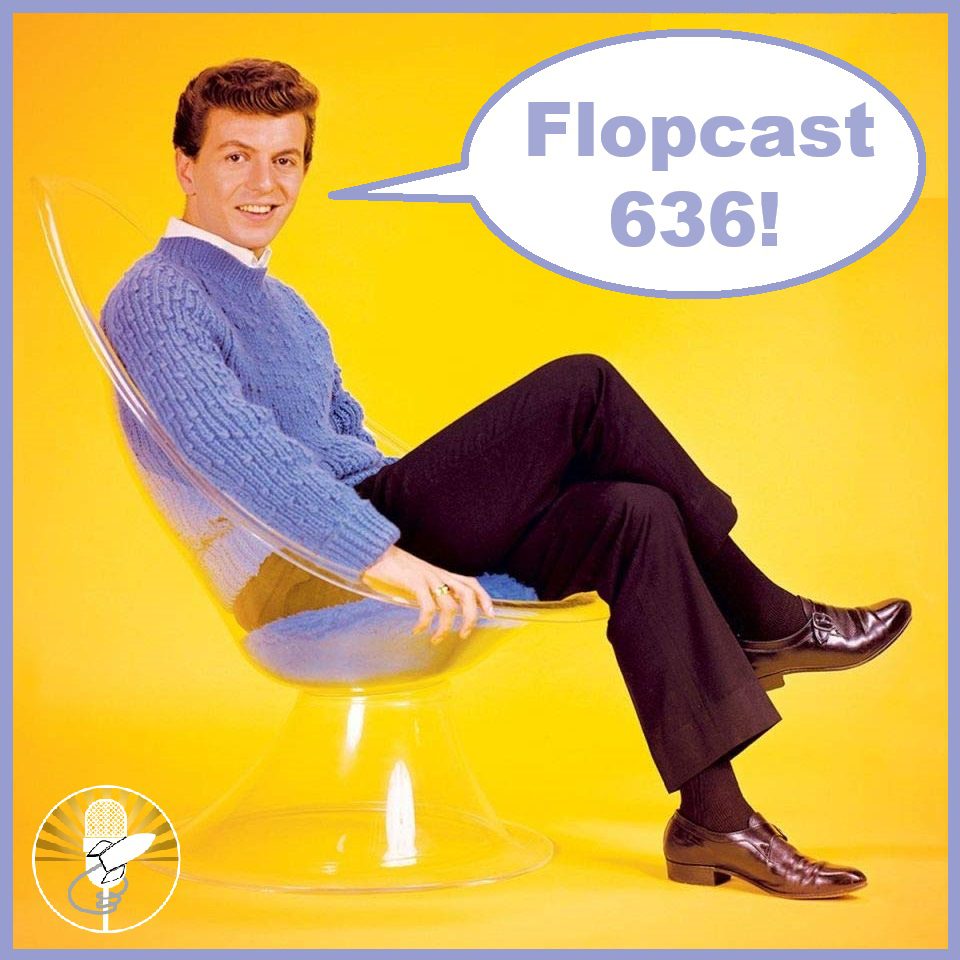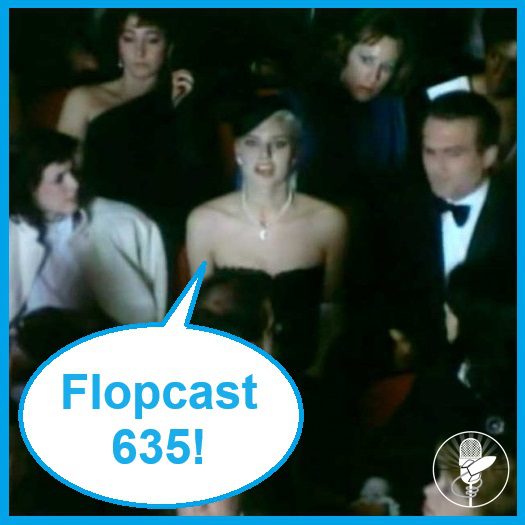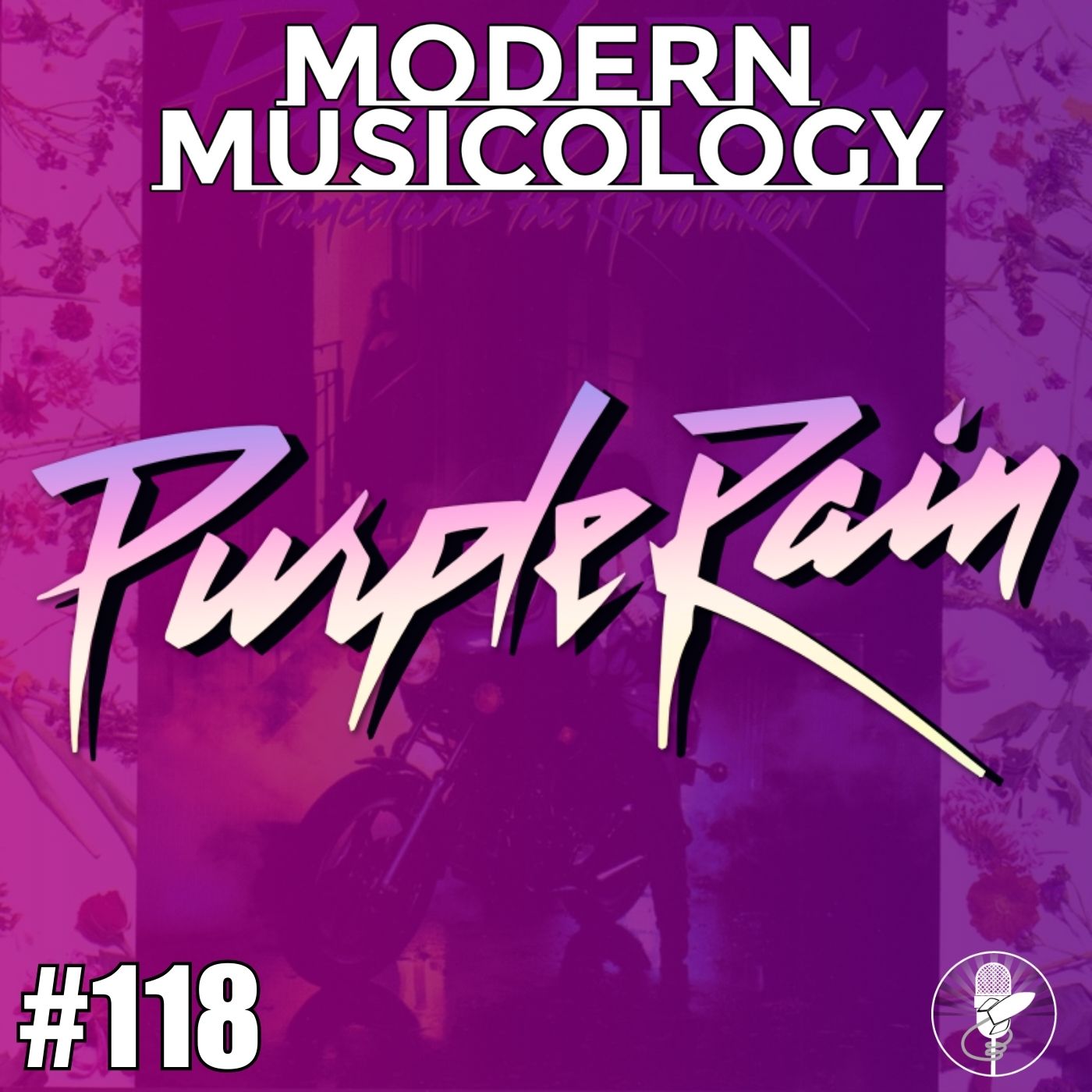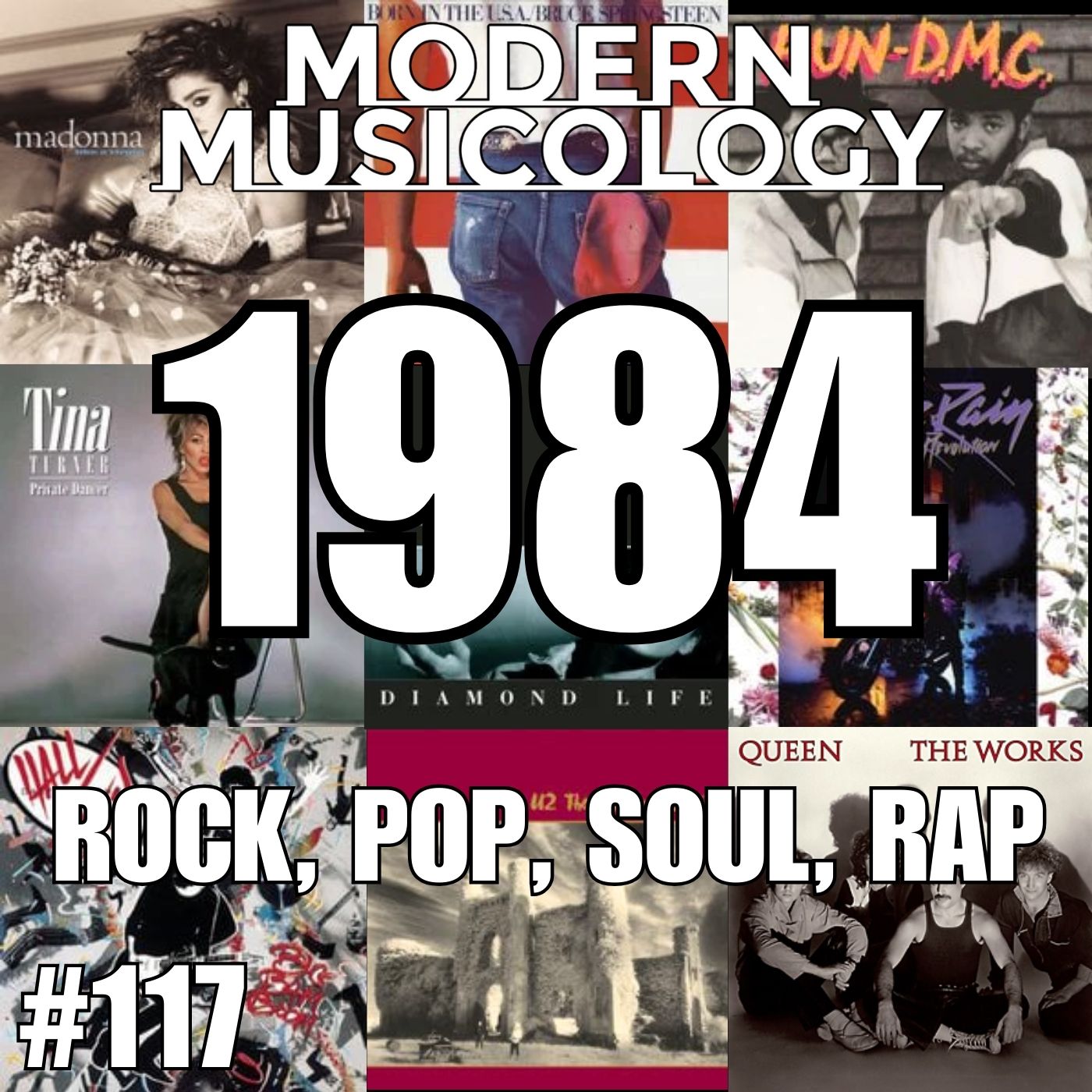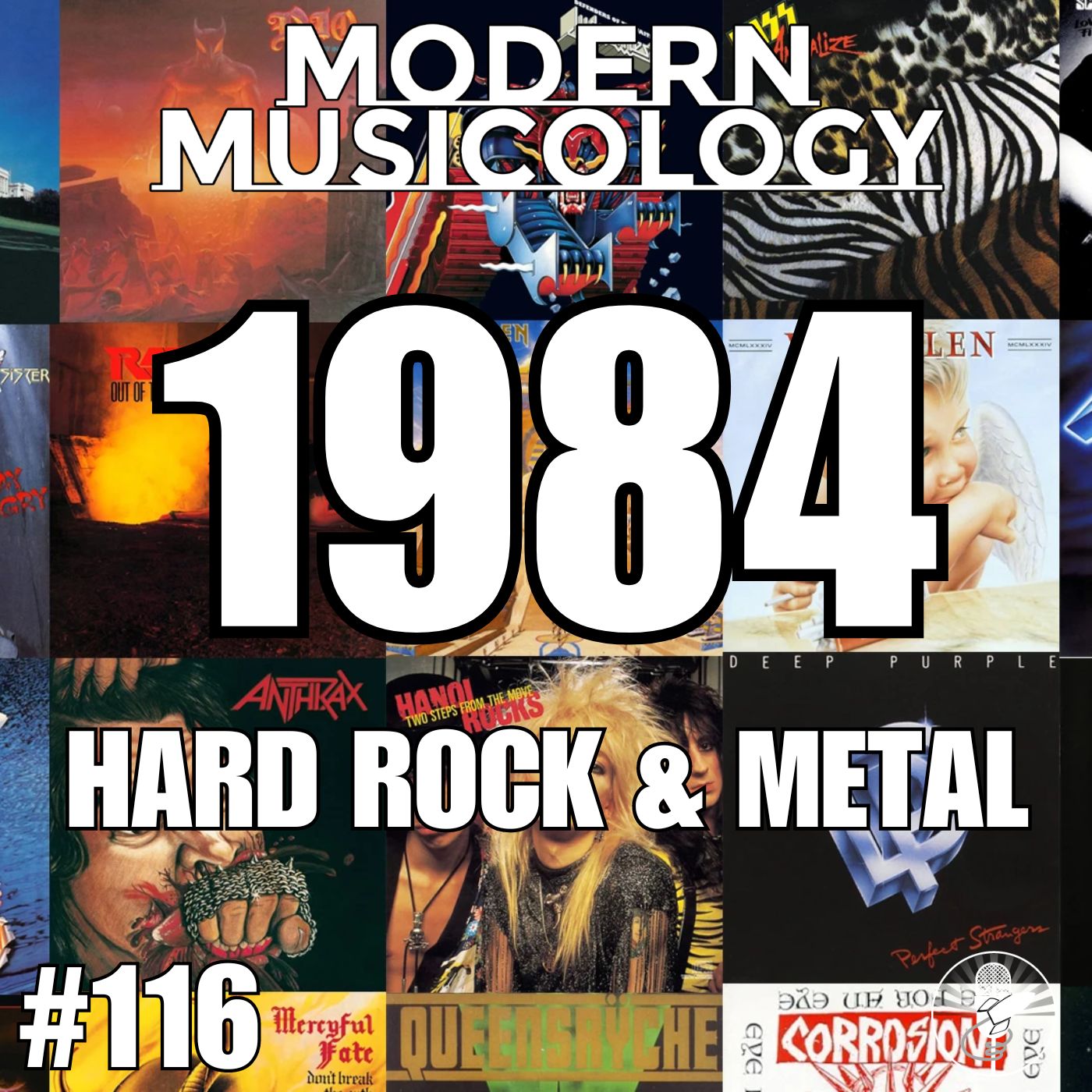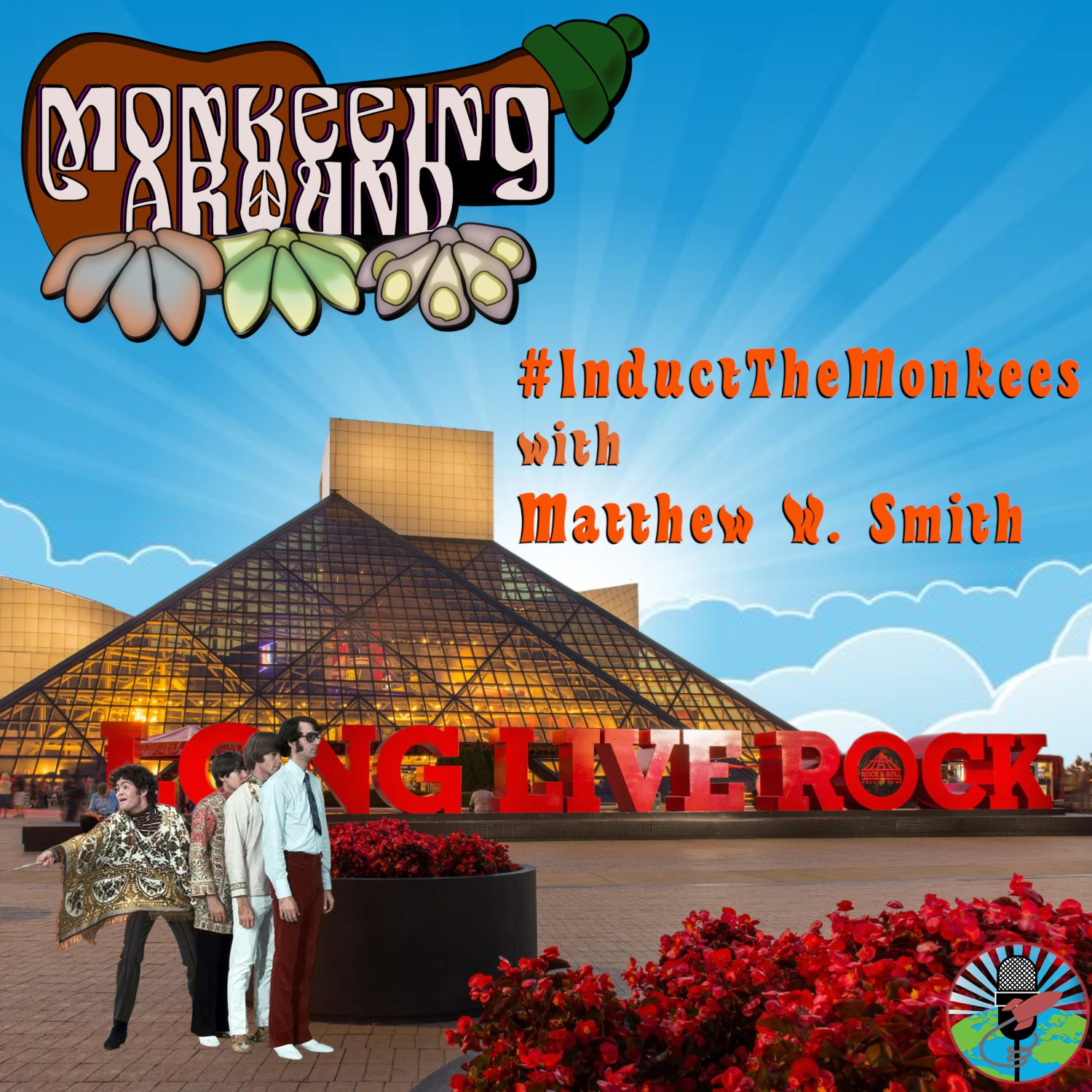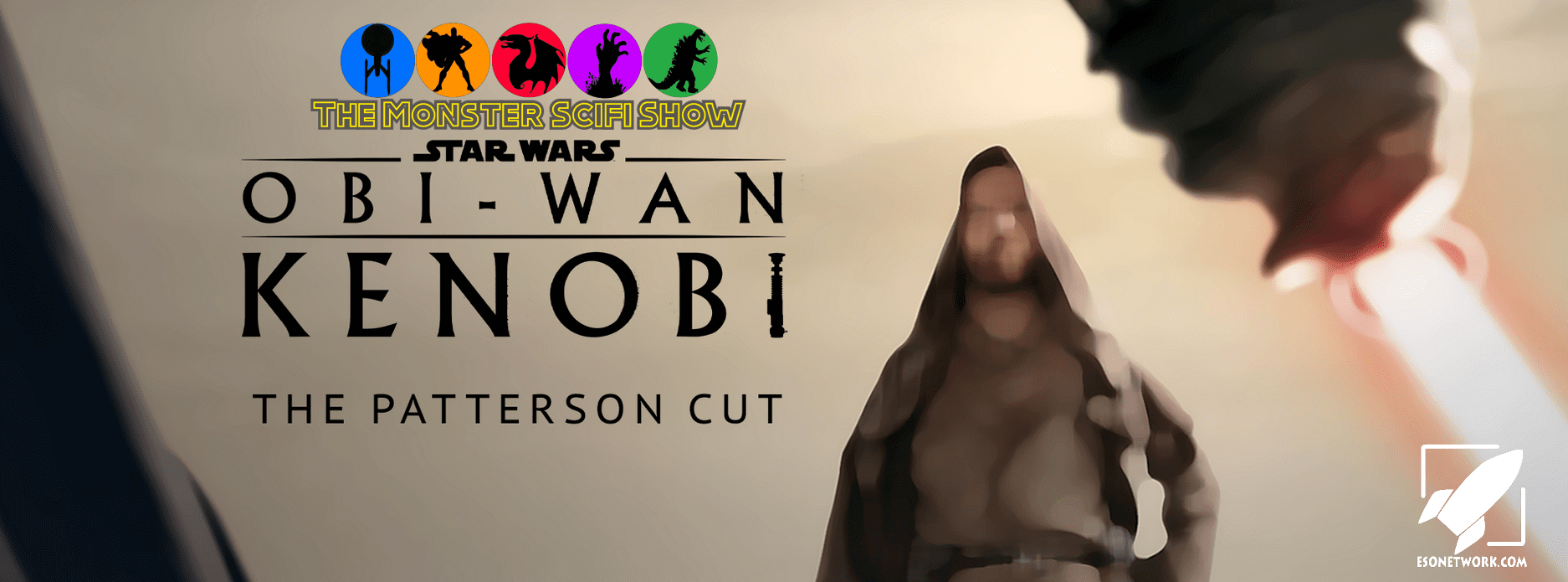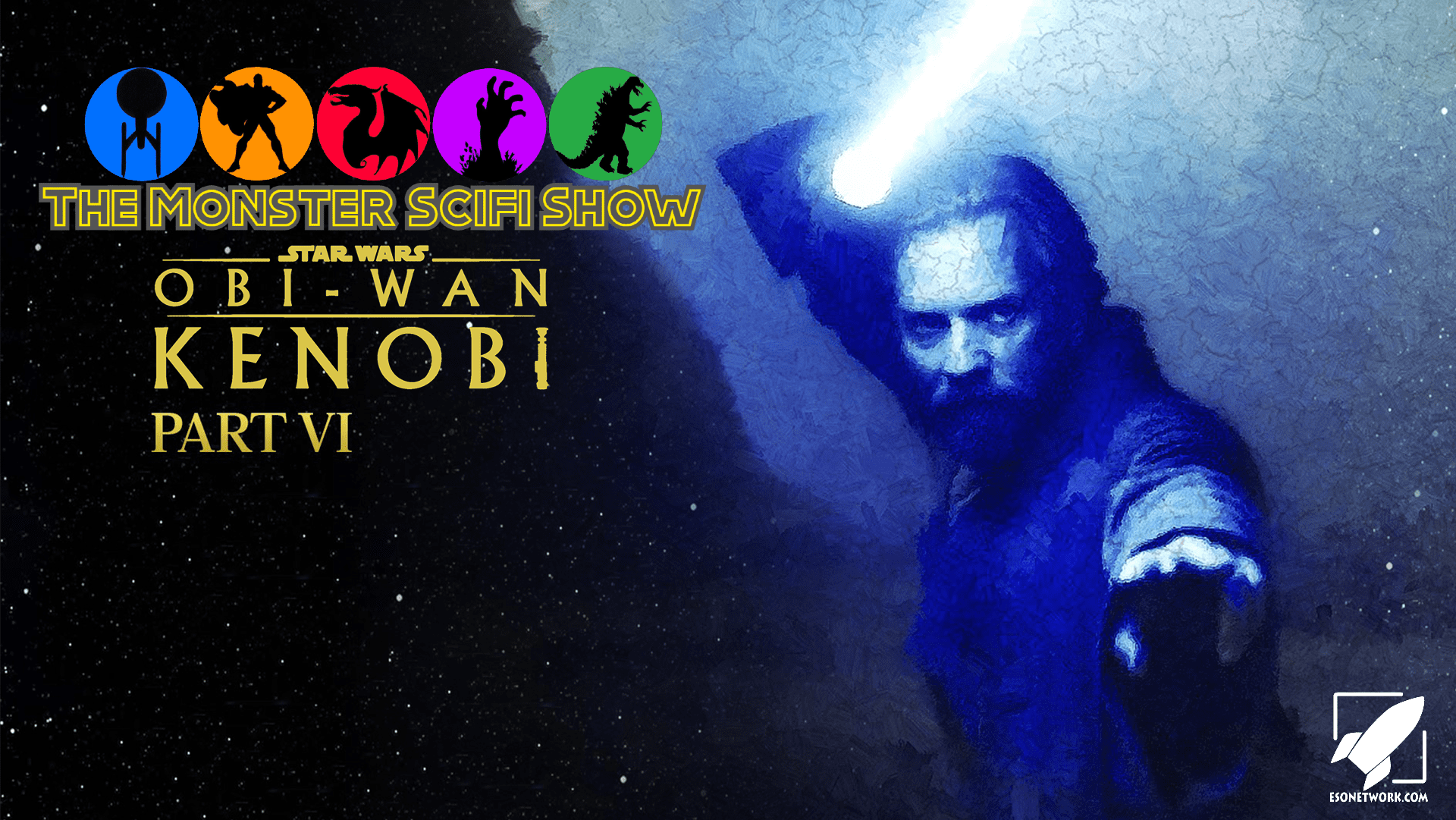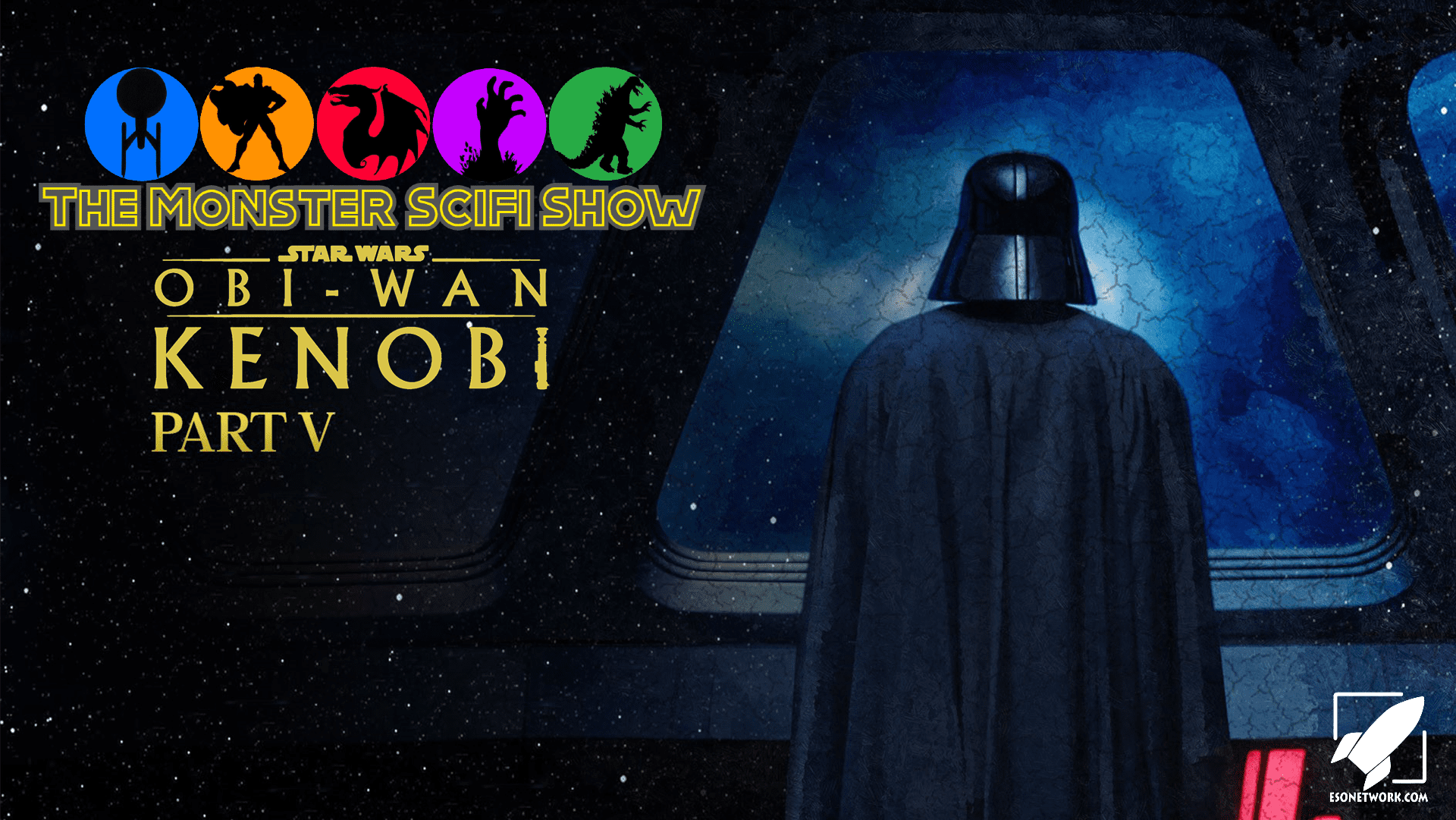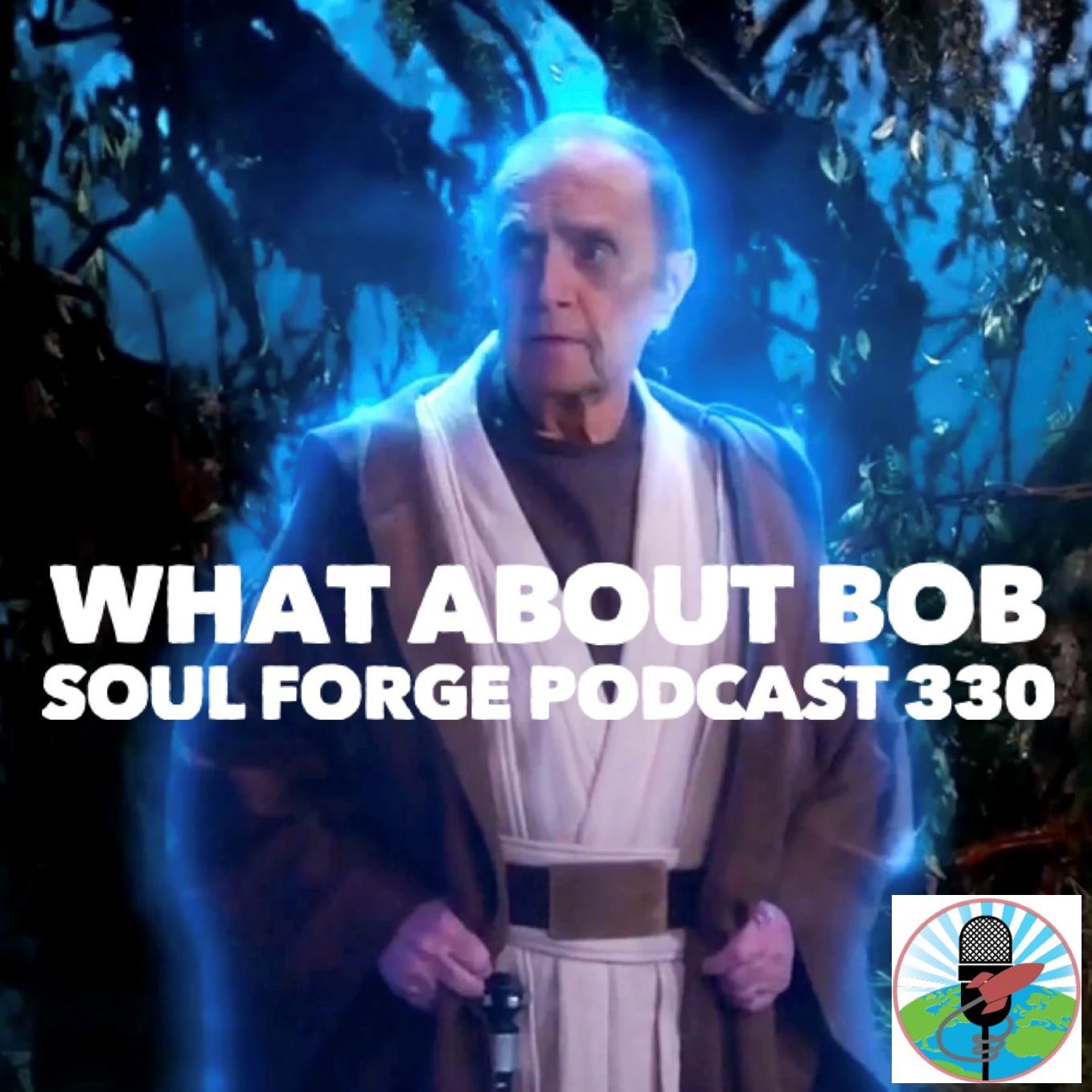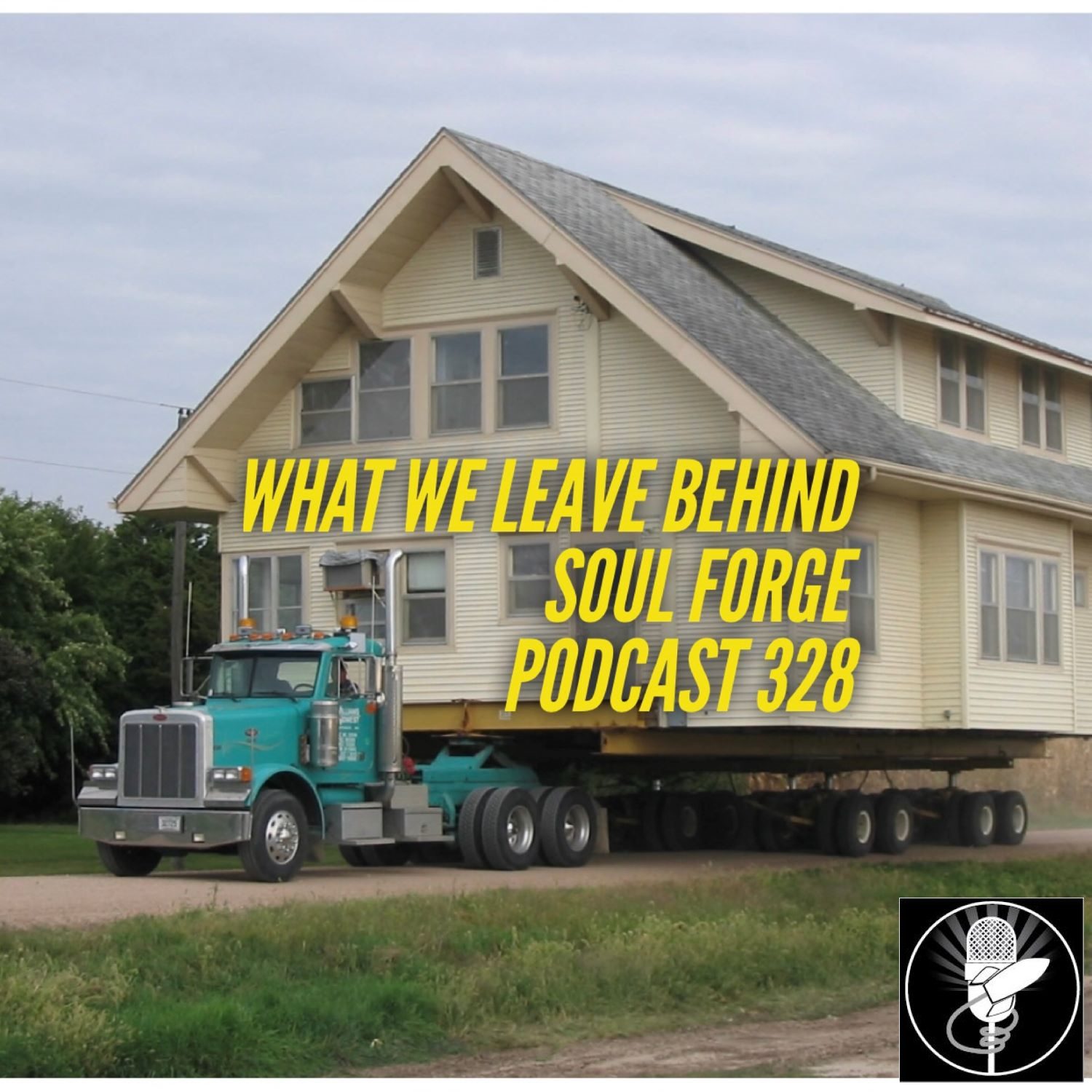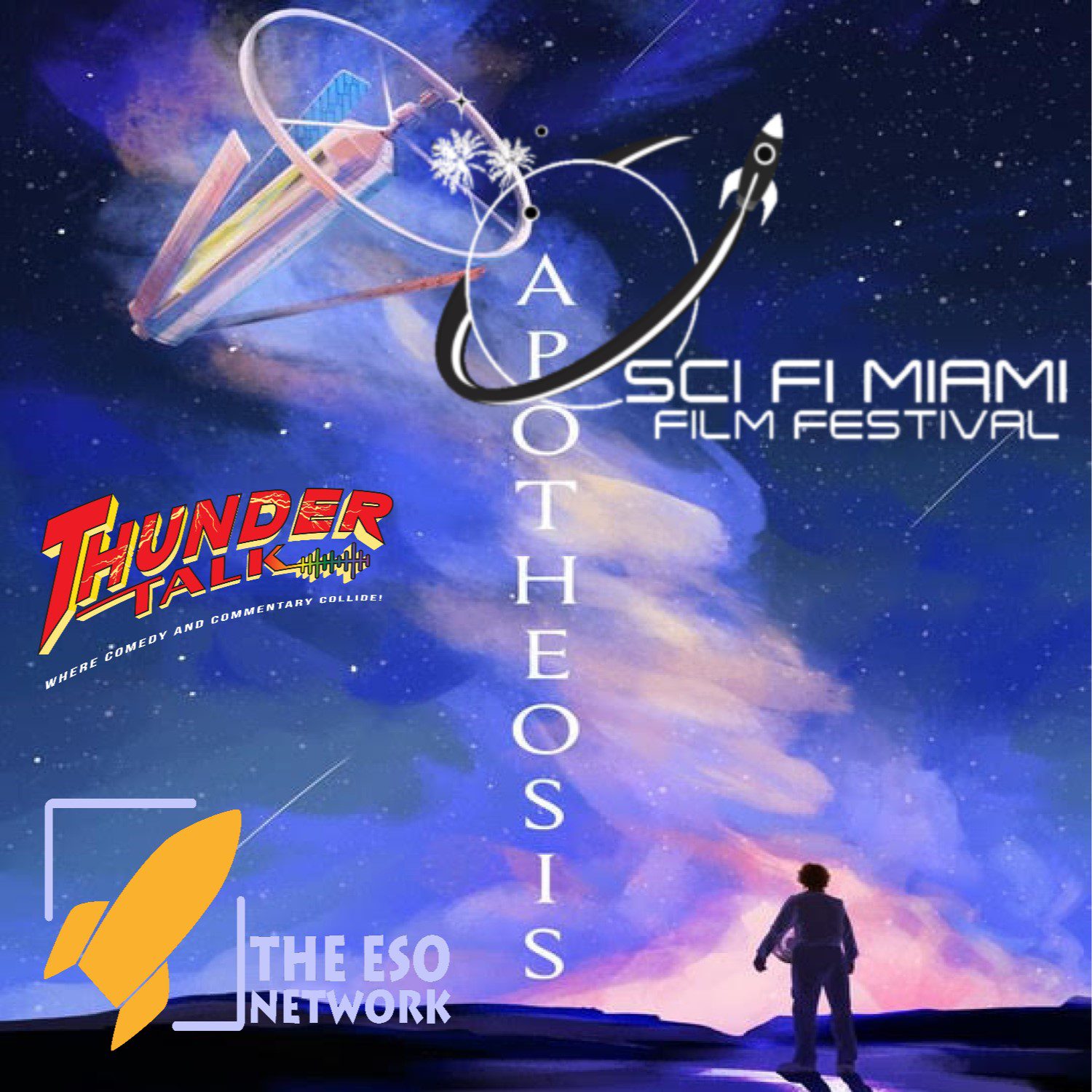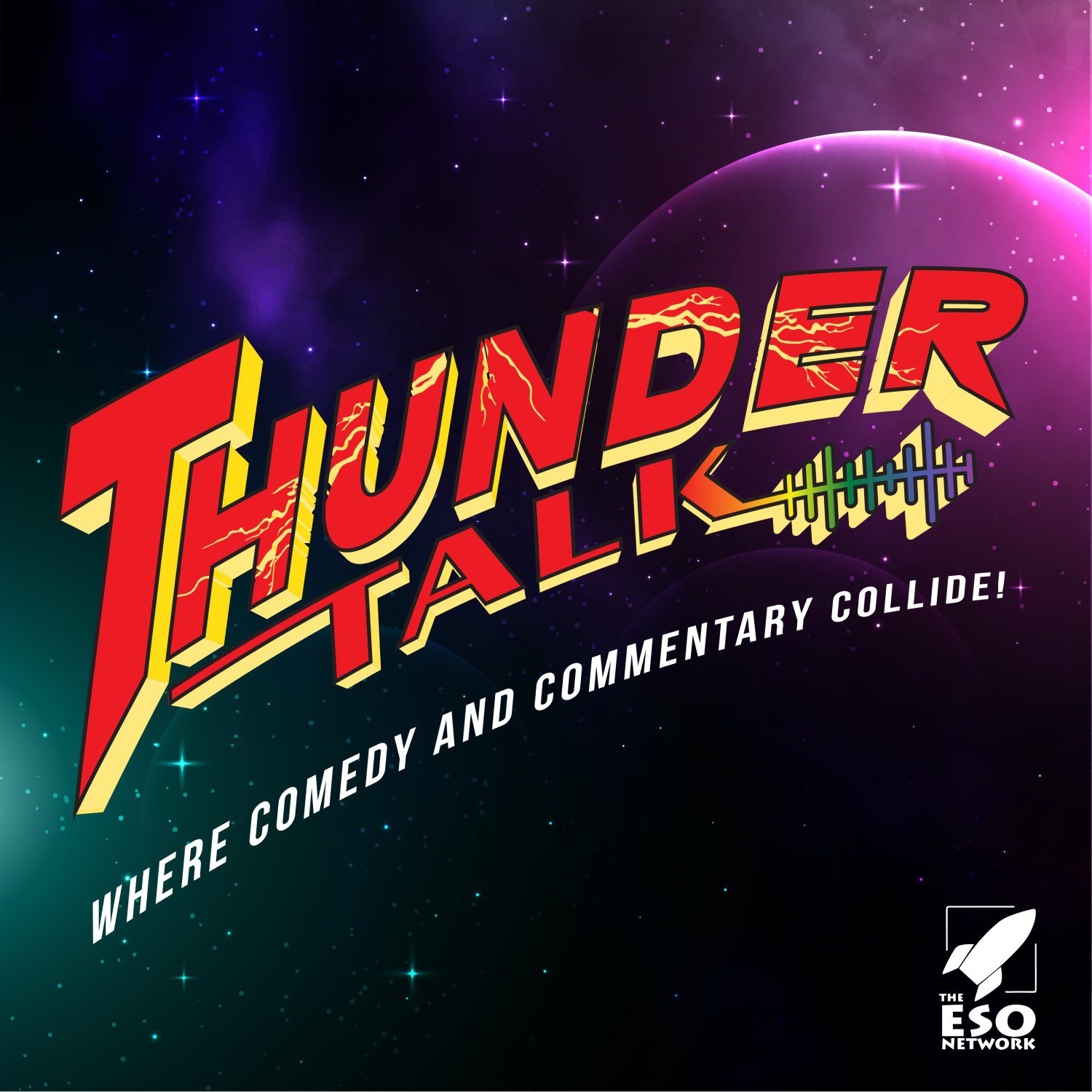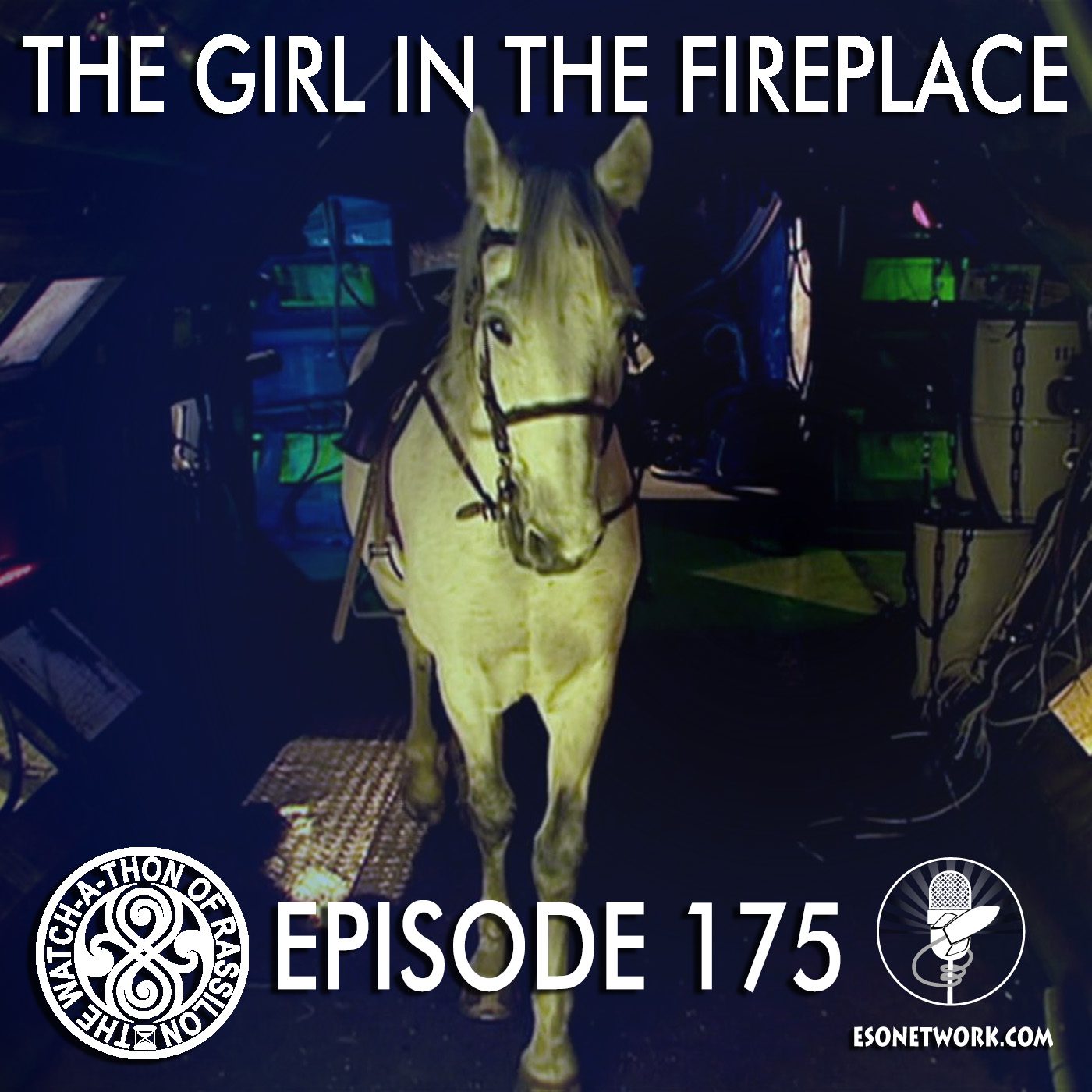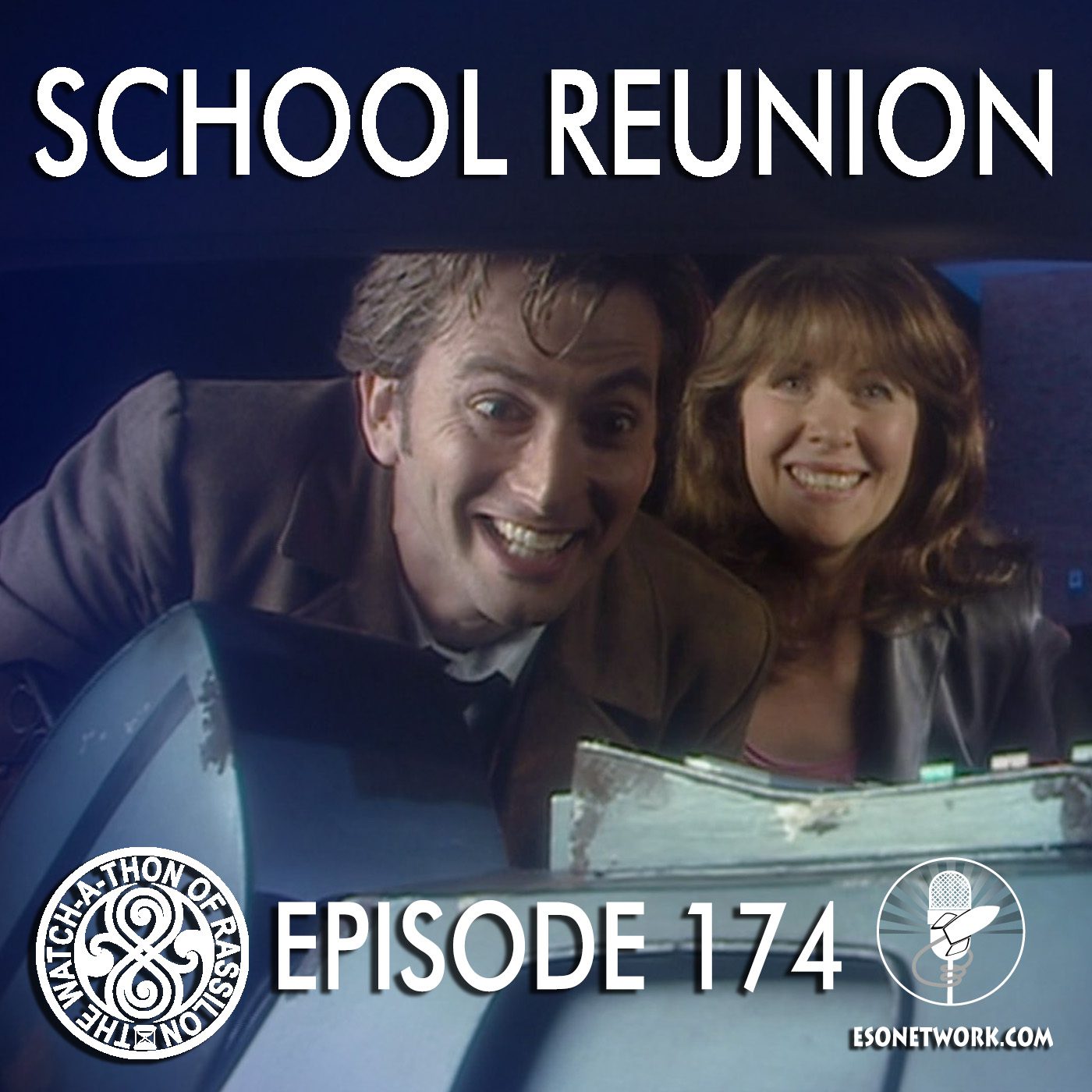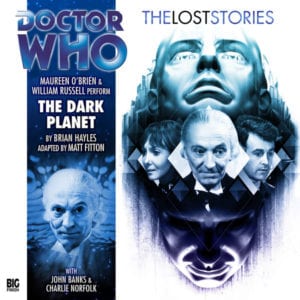 Blurb: Somewhere far back in the early days of the universe the TARDIS lands on a world lit by a dying sun. Missing from the Doctor’s star maps and dotted with strange crystalline statues, it is a world ripe for exploration. But it is also a world of destruction.
Blurb: Somewhere far back in the early days of the universe the TARDIS lands on a world lit by a dying sun. Missing from the Doctor’s star maps and dotted with strange crystalline statues, it is a world ripe for exploration. But it is also a world of destruction.
Venturing out onto its surface, the time travelers find themselves drawn into an age-old conflict between the two species residing on the planet – people of Light and Shadow. Proving a catalyst for the escalation of the conflict, the Doctor and his friends need either to create a peace or to pick a side.
Because in times of war, nothing is ever black and white.
Review: Big Finish’s Lost Stories range takes stories that were almost made during the classic series of Doctor Who and produces them as an audio drama. Previous entries in the range, Farewell, Great Macedon and The Masters of Luxor had actually gotten to the full script stage. The Dark Planet on the other hand, only made it to the story outline stage. Submitted by Brian Hayles, the man who would eventually create The Ice Warriors, the story was planned for the second season of Doctor Who. Unfortunately, the story was eventually rejected by the production team because it was too similar to Malcom Hulke’s The Hidden Planet, which was another story that would never be produced, but one which the production team had spent far more time developing. It’s a shame, because The Dark Planet is a very brave story, dealing with some very serious subject matter and remaining topical even to this day.
Matt Fitton was the writer assigned to expand Hayles’ script into a full audio drama. It’s a testament to his writing that it’s almost impossible to tell that this wasn’t produced from an already existing script like some of the earlier Lost Stories. The characterization, storylines, and atmosphere all seem spot on as a season two story. The only hint that this was written later comes when the Doctor mentions that his people are stellar engineers. Yet, rather than a mistake this is an excellent use of future continuity enhancing the story in a way that Hayles couldn’t have envisioned. The planet Numir circles a failed star, one which burned hot but which never passed the threshold to sustainable nuclear fission. By acknowledging the Doctor’s expertise in this area, the Doctor has a reason to be embroiled in the central conflict between the Light and Shadows placing him in a more pivotal position in the story and giving him a more dramatic role as he tries to make peace between the two warring factions.
It’s impossible to listen to The Dark Planet without being impressed by the sheer ambition of the piece. It’s nearest analog is the TV story The Web Planet. Both stories are about two warring factions, take place on a barren and completely alien world of darkness, and have no human characters except for the regulars. As it was, The Web Planet overran it’s budget by a considerable margin, but The Dark Planet would have provided a greater spectacle by far. This story has beings of Crystal and Rock who can modulate themselves into beings of pure light or darkness. There are crystalline cities, giant rockets, laser battles, and a trip to the planet’s core. Thankfully, audio isn’t constrained by a budget to the same degree that a TV series is, and The Dark Planet works very well in that medium where impressive alien vistas can be created with a few words.
Unfortunately, that same ambition does lead to the epic length of the story. Six episodes may have made sense for this story when it was originally conceived. At that point in time the main selling point would have been the visual spectacle to impress the viewers at home. As an audio drama, the stretched run time becomes more apparent. There’s a lot of going back and forth between the plains where the TARDIS landed and the Shadows hold sway and the city of the Light. There’s a lot of coming and going up to the city’s leader and back down again to the main floor of the story. Some characters spend a long time standing around and doing nothing. Vicki in particular is given very little to do in the story. While it’s understandable that Big Finish would want to present this story as near as they could to what would have been produced in the 1960’s, they probably should have considered that the production team regularly cut or expanded the run time for serials that they felt deserved it. The Dark Planet would have been far stronger if it had been cut to four episodes. That would have helped to speed up the pace, reduce the amount of dead time for some characters, and cut down on the amount of filler time spent running around between a few locations.
The story is very well plotted. Anyone familiar with the classic series TV stories written by Brian Hayles can see the hints of some of the themes that he’d explore later on in the series in this. The Light and Shadow are each fleshed out and given their own unique culture and world-view. In a story that’s literally about Light vs Shadow, the obvious conclusion would be that the Light are the good guys and the Shadows are the bad guys. Some science fiction would turn this on its head and make the Shadows the good guys and the Light the bad guys. In this, Hayles decides that’s too easy of an answer. He makes the story about entrenched bias. These two beings started as one race and split so massively from each other that they lack even the ability to communicate. They’ve hated each other for so long that even the threat of their own world’s destruction barely gives them pause to consider working together. There’s even some exploration of the idea of radicalizing the young and turning them into unthinking fanatics capable of far worse atrocities than the parents. While this story was probably conceived as a reaction to the Cold War, it’s still just as topical today with national, ethnic, or religious hatreds between groups, leading to the same “wake up call” that ultimately ends this story. Typically, sixties Doctor Who limited its tragedies to the historical stories where the characters were limited by their inability to change recorded history. Hayles and Fitton do the same thing in a science-fiction story. The effect is far more effective and shocking because the audience doesn’t know the outcome from the beginning and because the subject matter is so easily relatable to the real world. It’s a bold choice that’s both effective and refreshing for its novelty.
Fitton does a great job of weaving the science into the story. Unlike a lot of the sixties stories, it doesn’t feel clunky or grafted on. He makes sure that there’s a reason for the various scientific discussions. Some of it isn’t even apparent until later in the story when he deftly weaves the various threads together. One of the main themes is the usage of scarce resources such as energy. It’s another discussion that remains topical, as the Doctor chides the Light for diverting so much of their limited energy supply to military applications. There’s also a discussion about sustainable energy and renewable resources that dovetails into the war between the two sides. Neither realizes that the other has something that can help them both to survive. There’s also some discussion of photography, astronomy, crystallization. It’s really well done and helps to make this feel like true season 2 Doctor Who.
Despite it’s plotting, the story does suffer from a few plot holes. At one point the Shadows are able to enter through the TARDIS through closed doors. While the creatures are actually just a form of energy and are shown elsewhere in the story to be able to moves through the small cracks or spaces, they are not able to enter the sealed city of the Light without help. No explanation is ever given for how they’re able to breach the TARDIS, despite the Ship being impervious to any sort of intrusion by matter or energy in other stories. The other issue is that the people of Numir believe that there are no other worlds, but they accept the Doctor and his friends as travelers. Where do they believe that they’ve traveled from? If they don’t think that they come from another world why don’t they act more surprised by their strange appearance? None of it is ever explained, and it detracts from the enjoyment of the story, because several of the scenes become difficult to understand.
The performances are a mixed bag in this story. As usual, William Russell and Maureen O’Brien are wonderful as Ian and Vicki. Vicki’s Barbara, however, leads a lot to be desired. O’Brien merely says her lines in her normal speaking voice, giving Barbara very little “character.” Age seems to finally be catching up to Russell. While some of his earlier performances as The Doctor were perfect, the Doctor in this story sounds very hoarse and tired. He also isn’t nearly as distinct from Ian as he has been in the past. While that’s completely understandable for a man who recorded this when he was eighty-eight years old, it’s still disappointing. The remainder of the voices are played by John Banks and Charlie Norfolk. Banks does a great job as the Leaders of Light and Shadow, Teelss and Krogor, giving them completely different performances, but maintaining a strong presence for both. Unfortunately, he also briefly plays a secondary Light character that in hindsight, he was probably trying to portray as insane. Instead, the performance comes off as silly and cringe-worthy. Charlie Norfolk has a better time of it, playing Vicki’s friend Elise as well as General Steetz. She gives a good vocal range; Elise sounds childlike, and comes off as happy and free whereas Steetz is a no-nonsense tight-lipped military leader.
As usual Big Finish does more than an adequate job with the sounds. There are plenty of effects to supplement the words to convey what’s going on in the story. There’s the thrum of energy, laser blasts, rockfalls, rocket blasts, the flash of a camera, and so much more. The music, on the other hand, is something of a let-down. There’s a lot of canned music from the Hartnell era as well as from other Big Finish stories. None of it is too jarring. The Hartnell music in particular is used to good effect and helps to match the tone of the story to what was produced in the 60’s. Yet, for such an epic length adventure it would have helped immensely if there was some original music made specifically for this story to help flesh it out.
Recommendation: It’s a story brimming with good ideas, but let down by an uneven production with mixed performances and canned music. The Dark Planet has a great message about the dangers of entrenched hatred, but it’s buried under a lot of filler and a sedate pace. It’s got a great ending that packs an emotional punch. Those who stick through it will probably be glad that they did, but it’s not going to be considered a must-listen classic. I recommend skipping this one.
6/10
2013
Audio Drama
Big Finish Productions
Directed by Ken Bentley
Produced by David Richardson
Written by Matt Fitton from a story outline by Brian Hayles
Runtime Approx 180 min.








